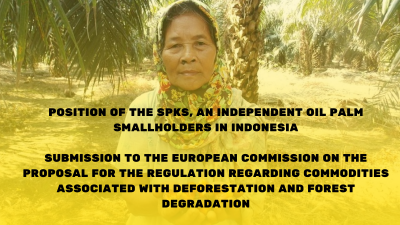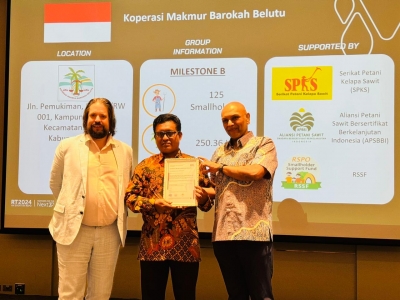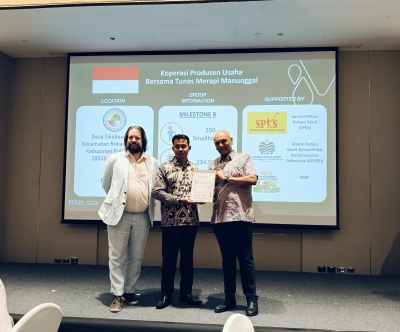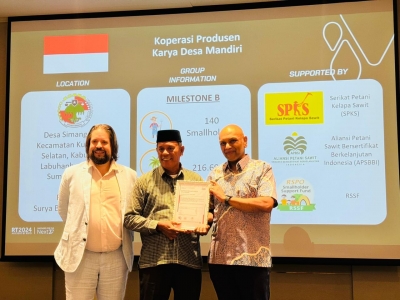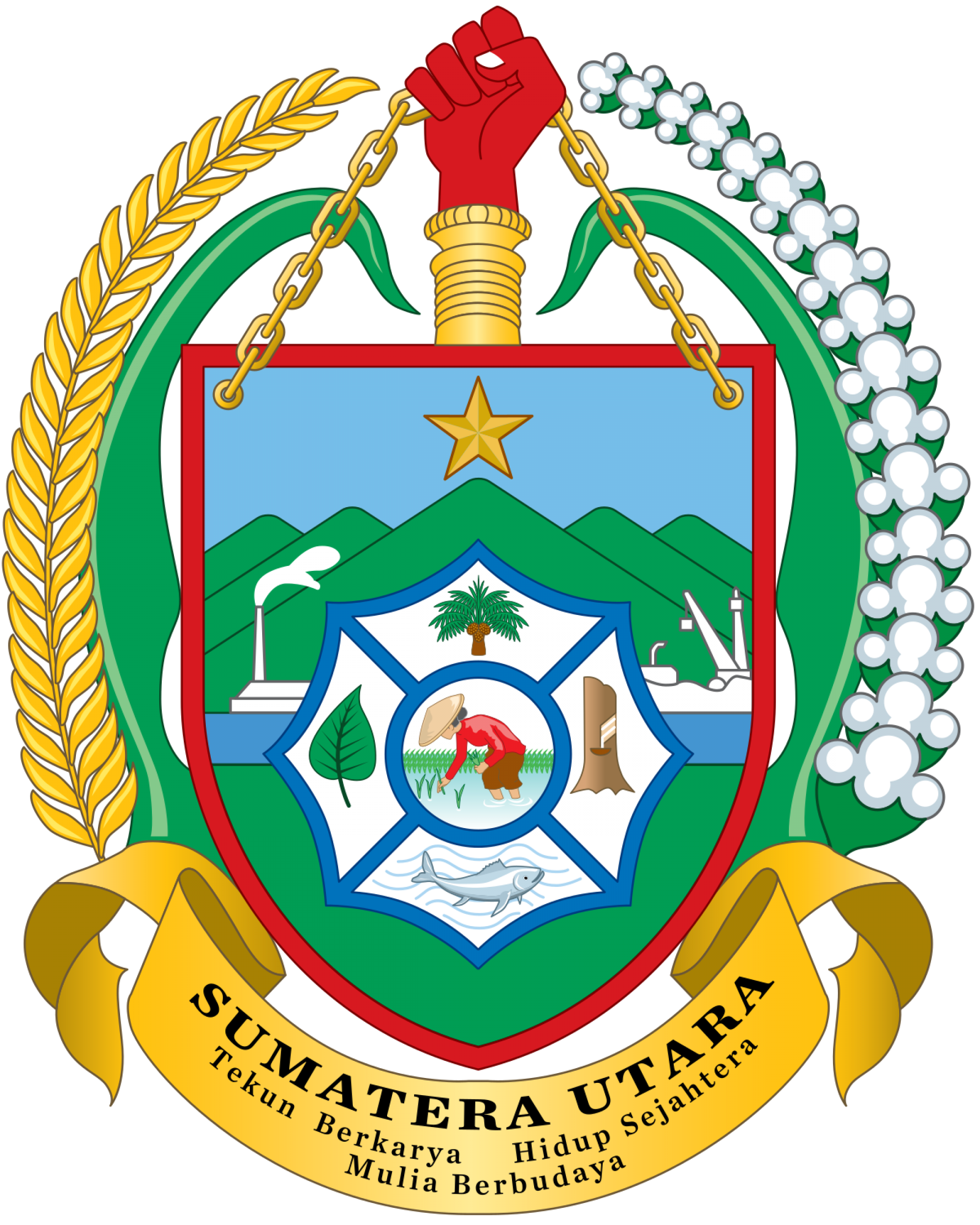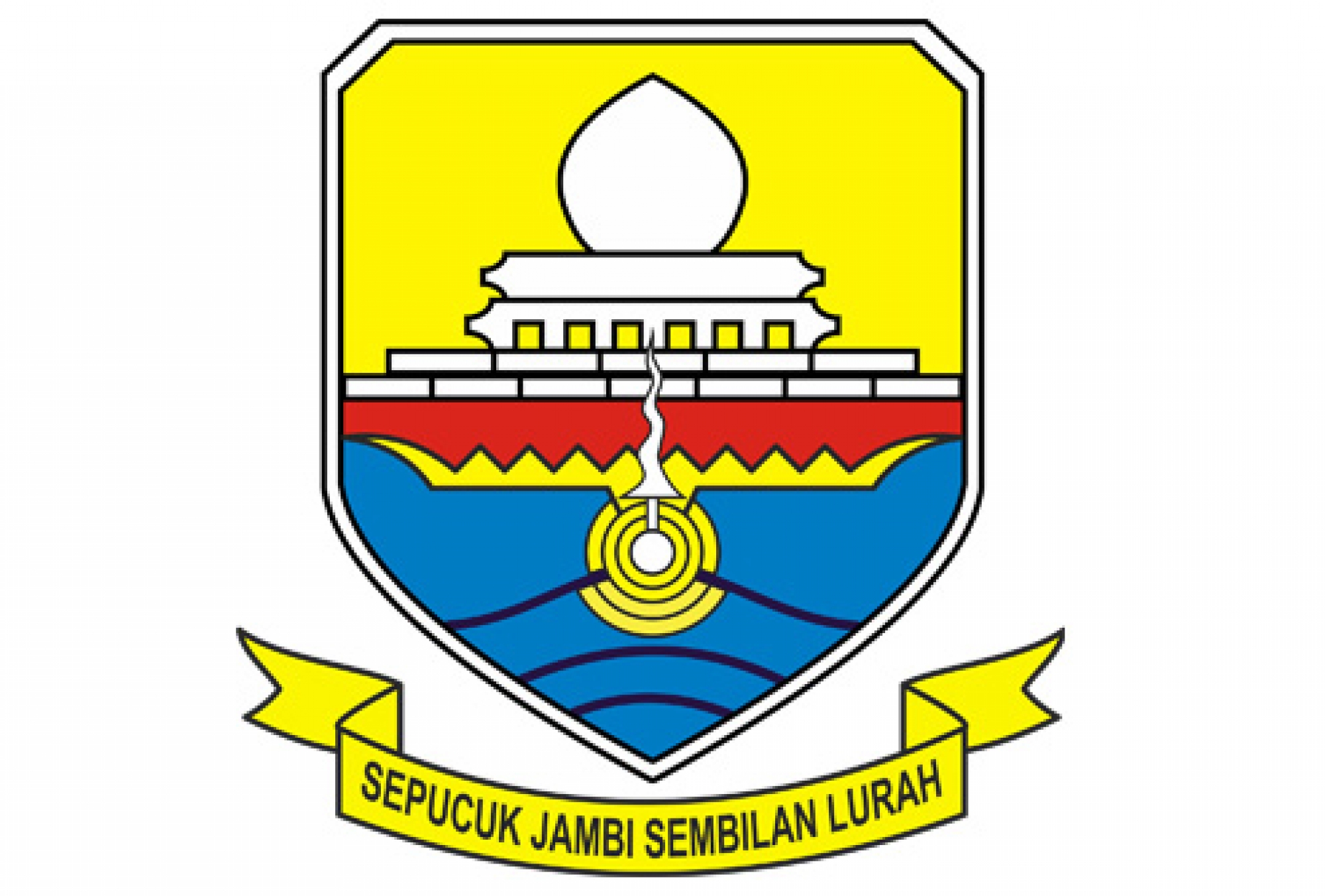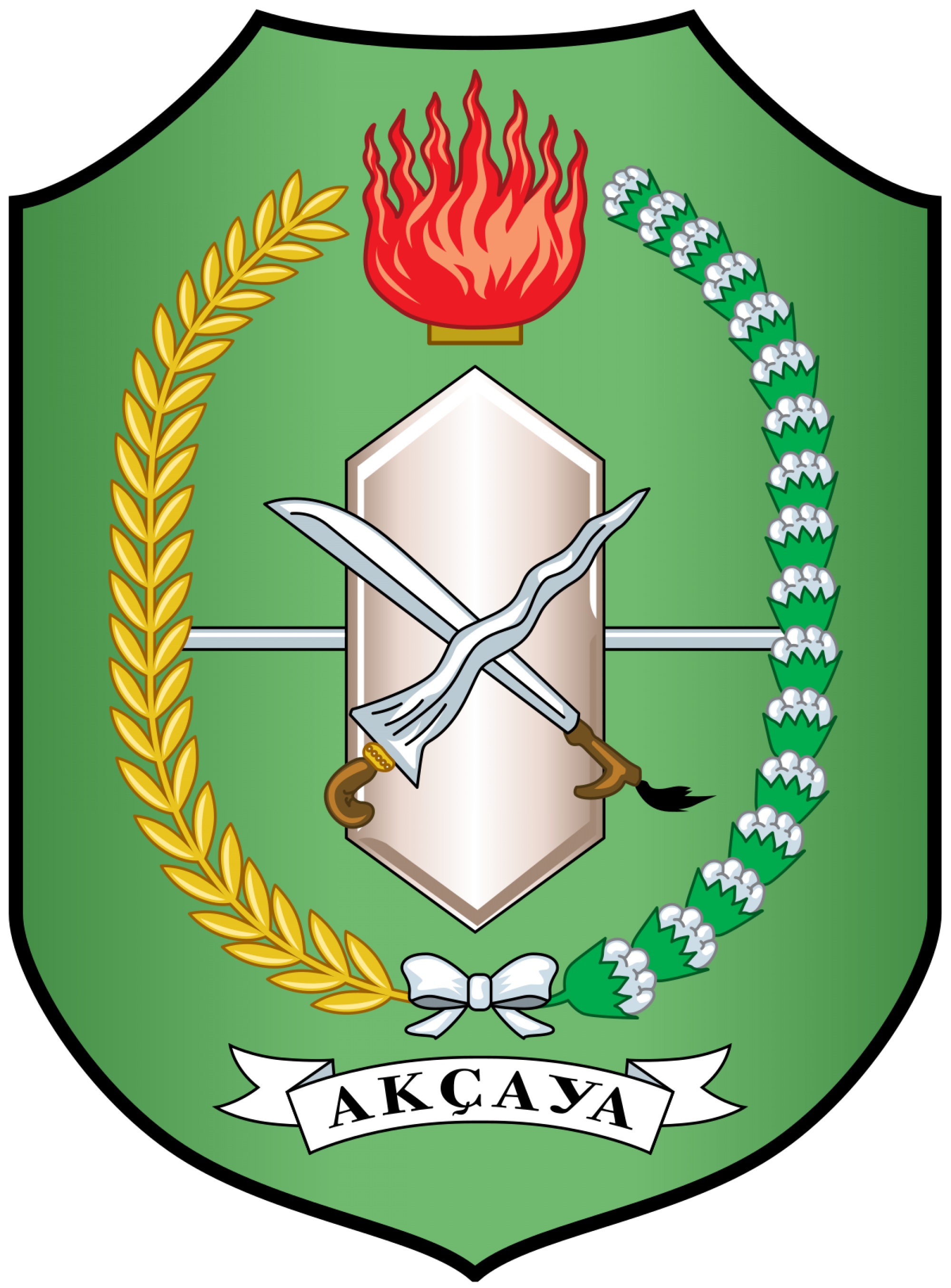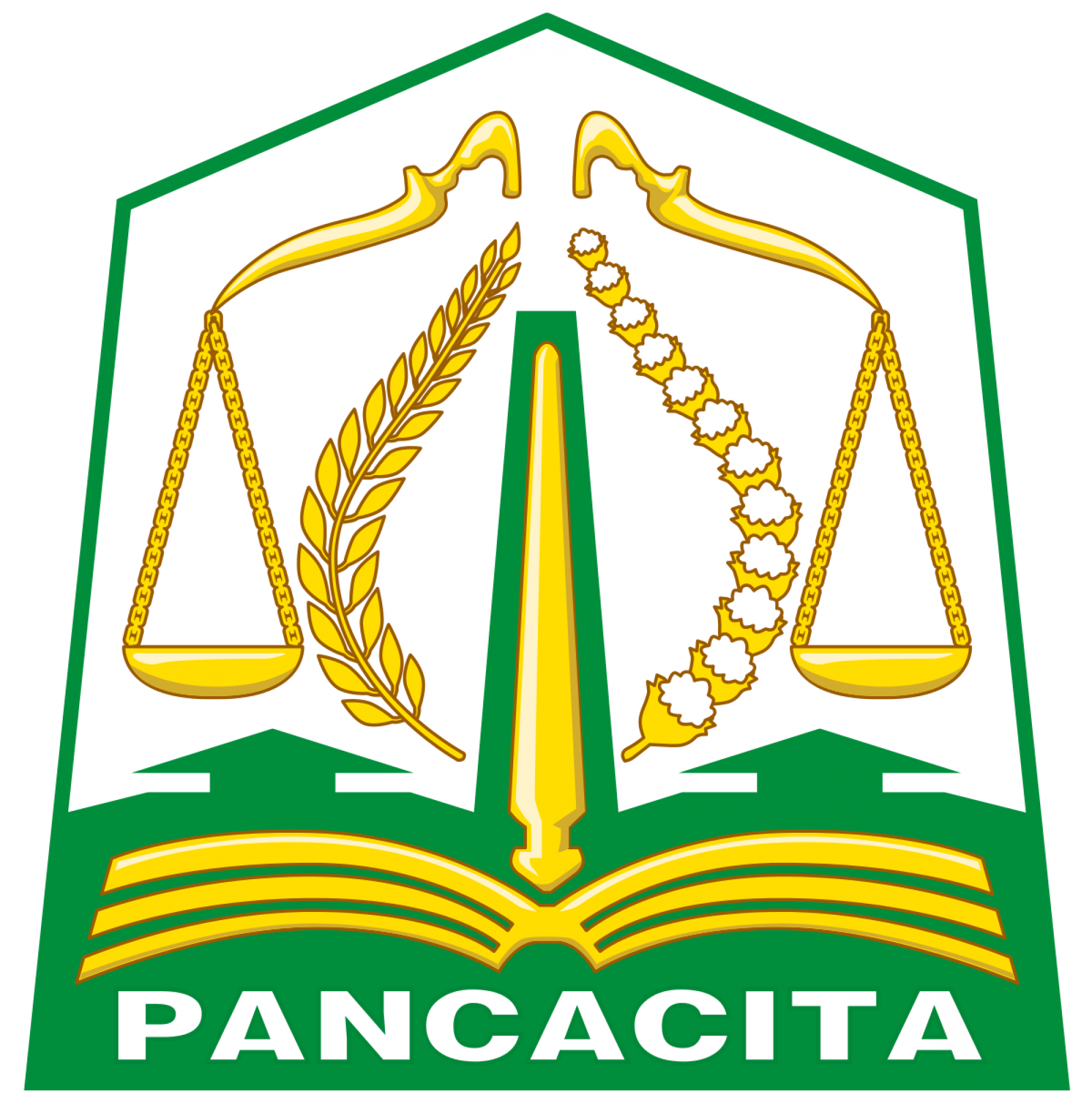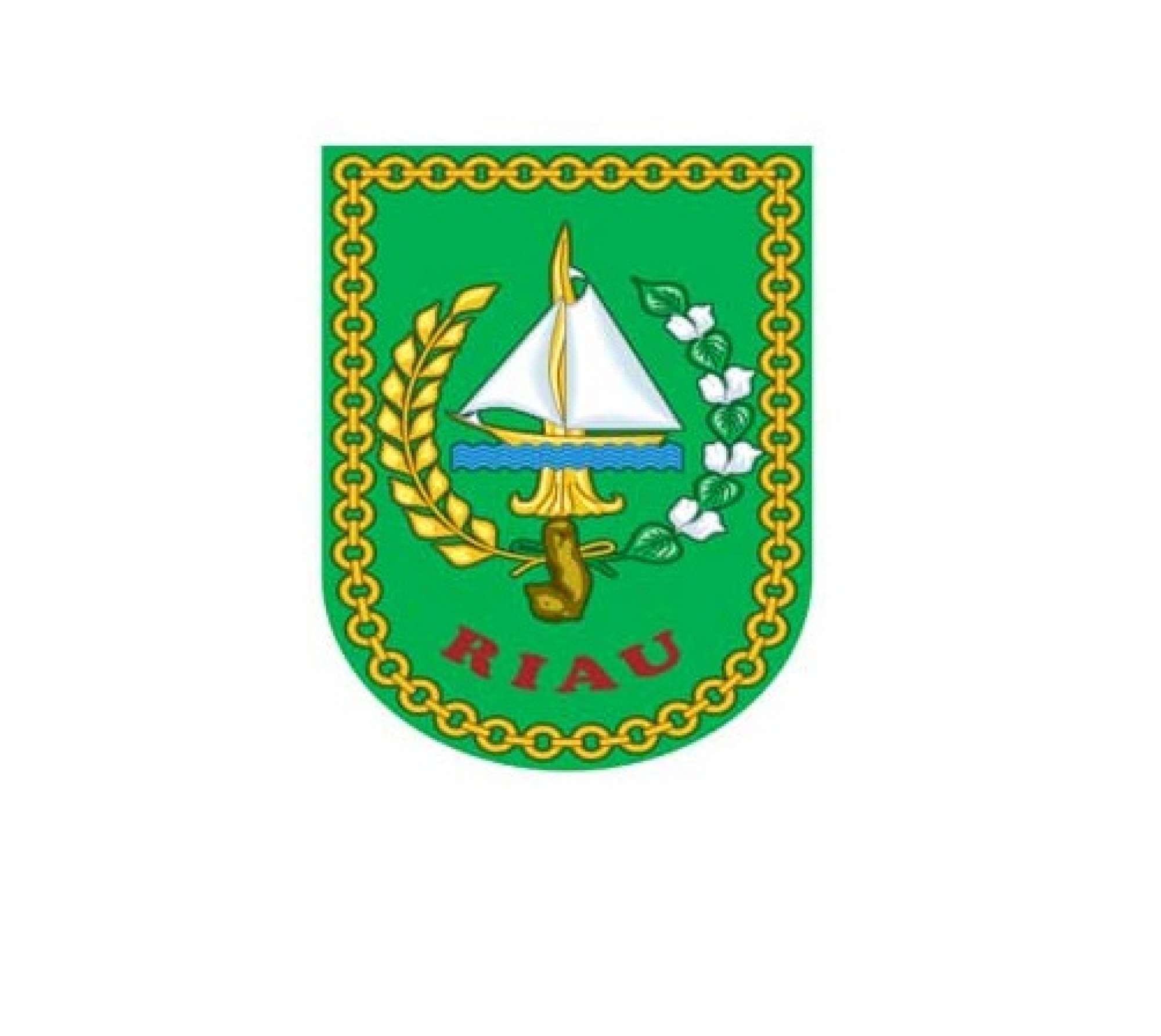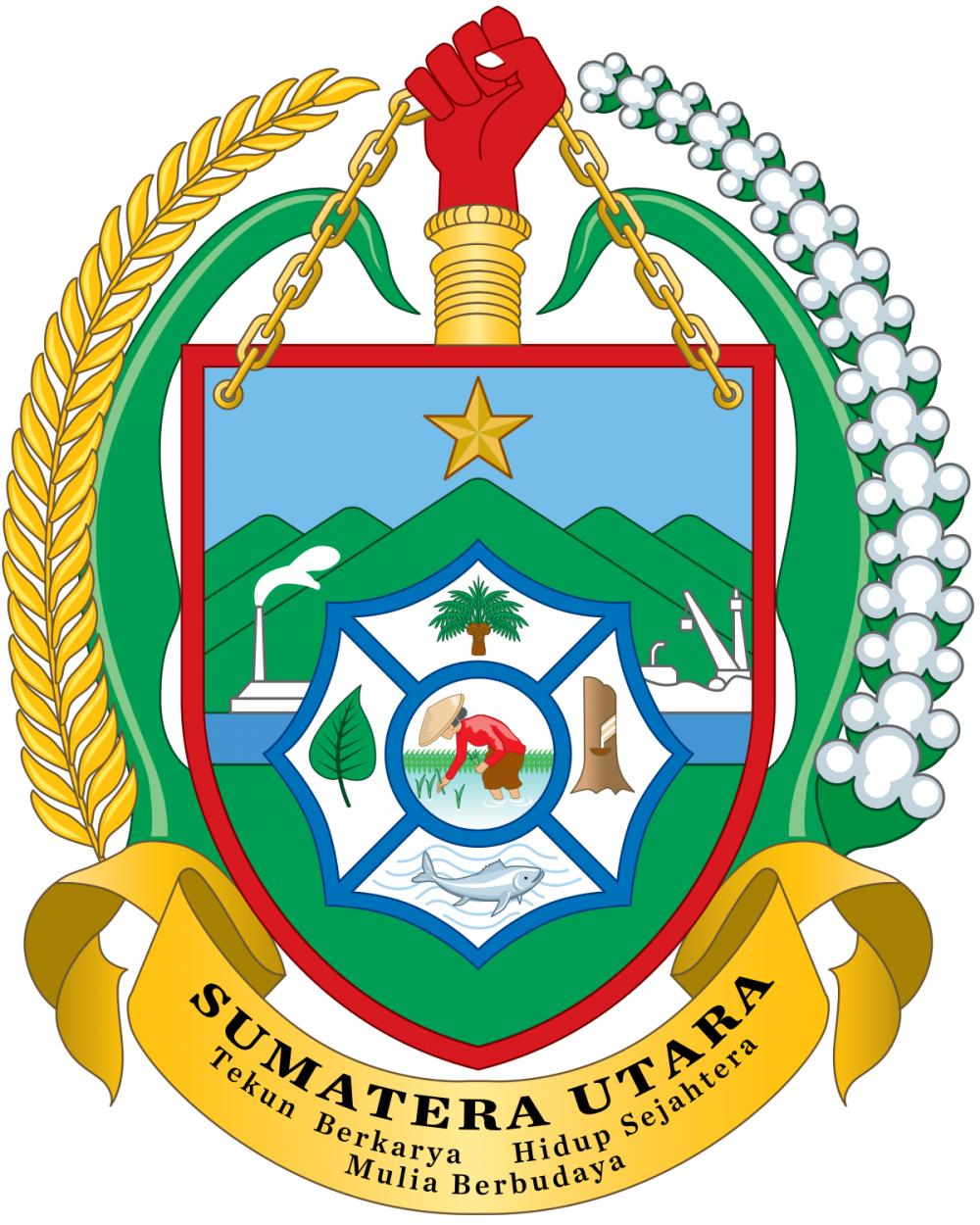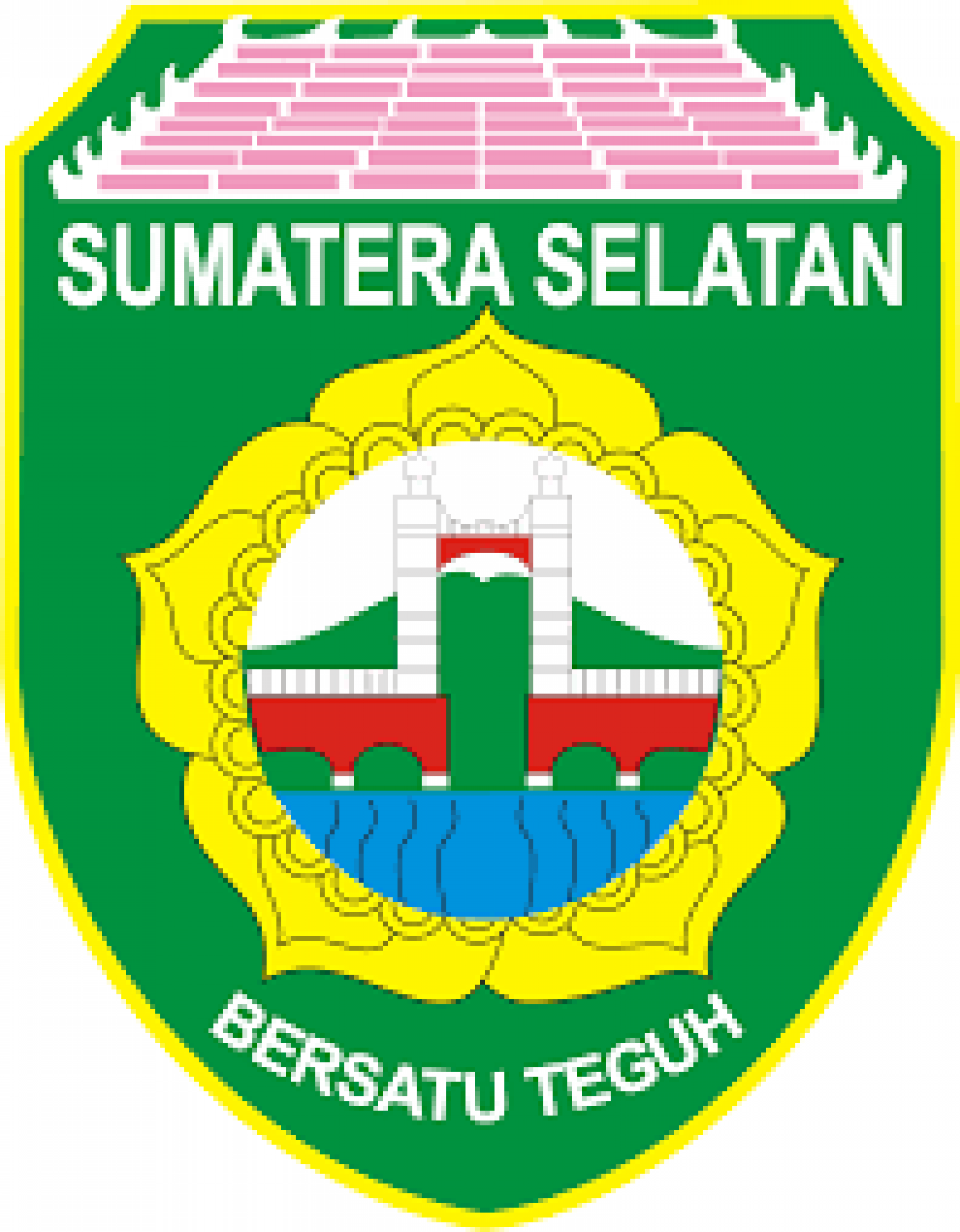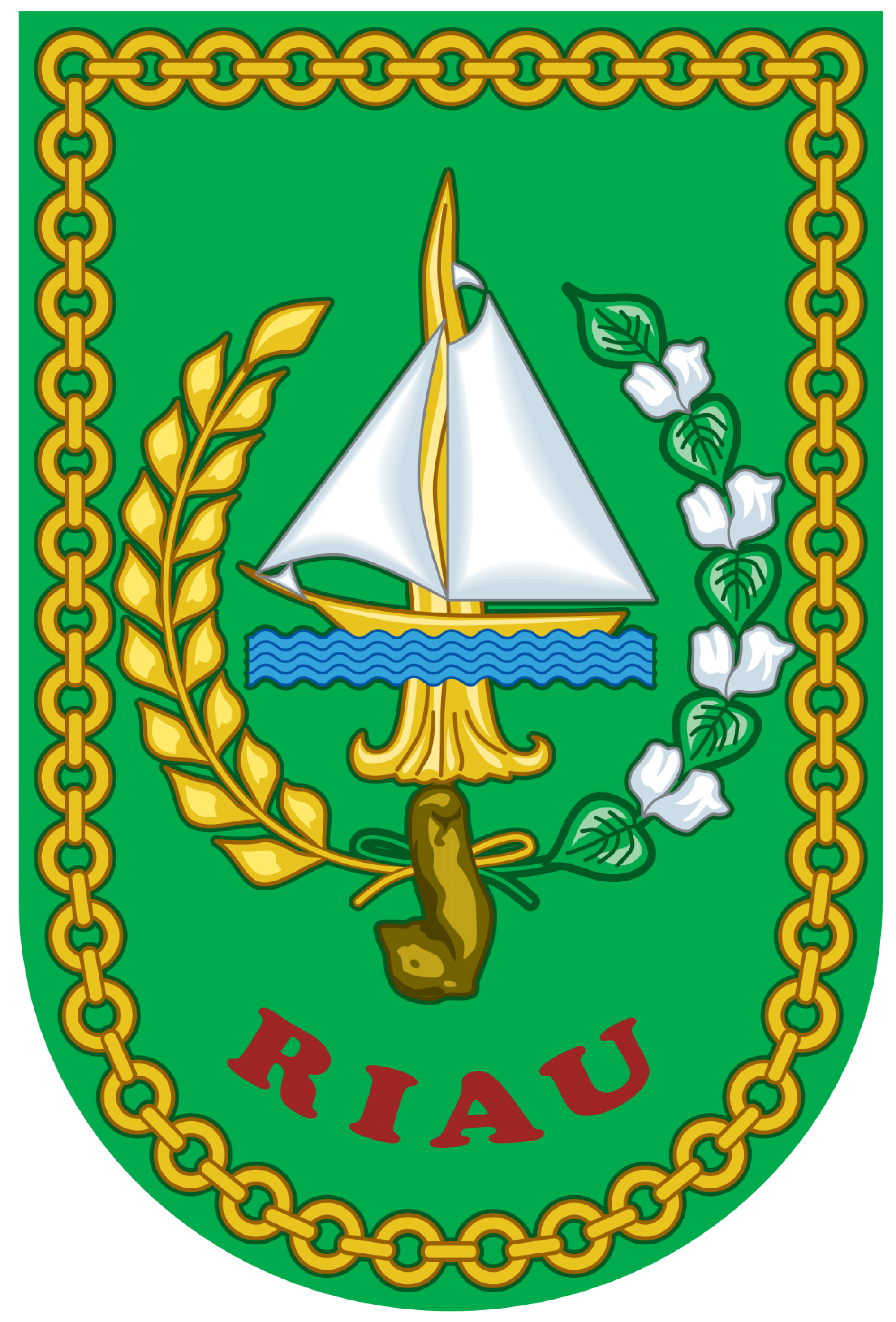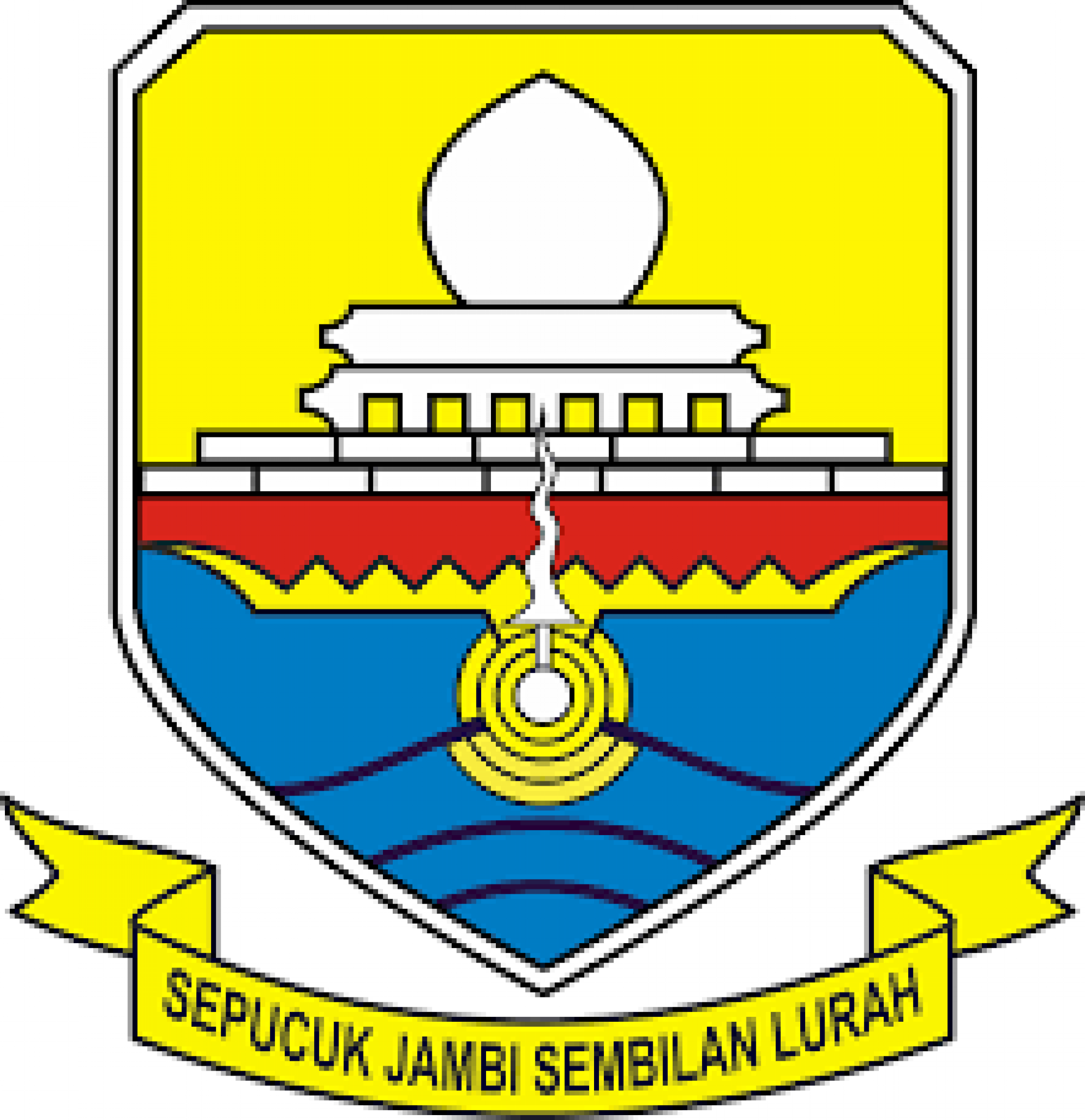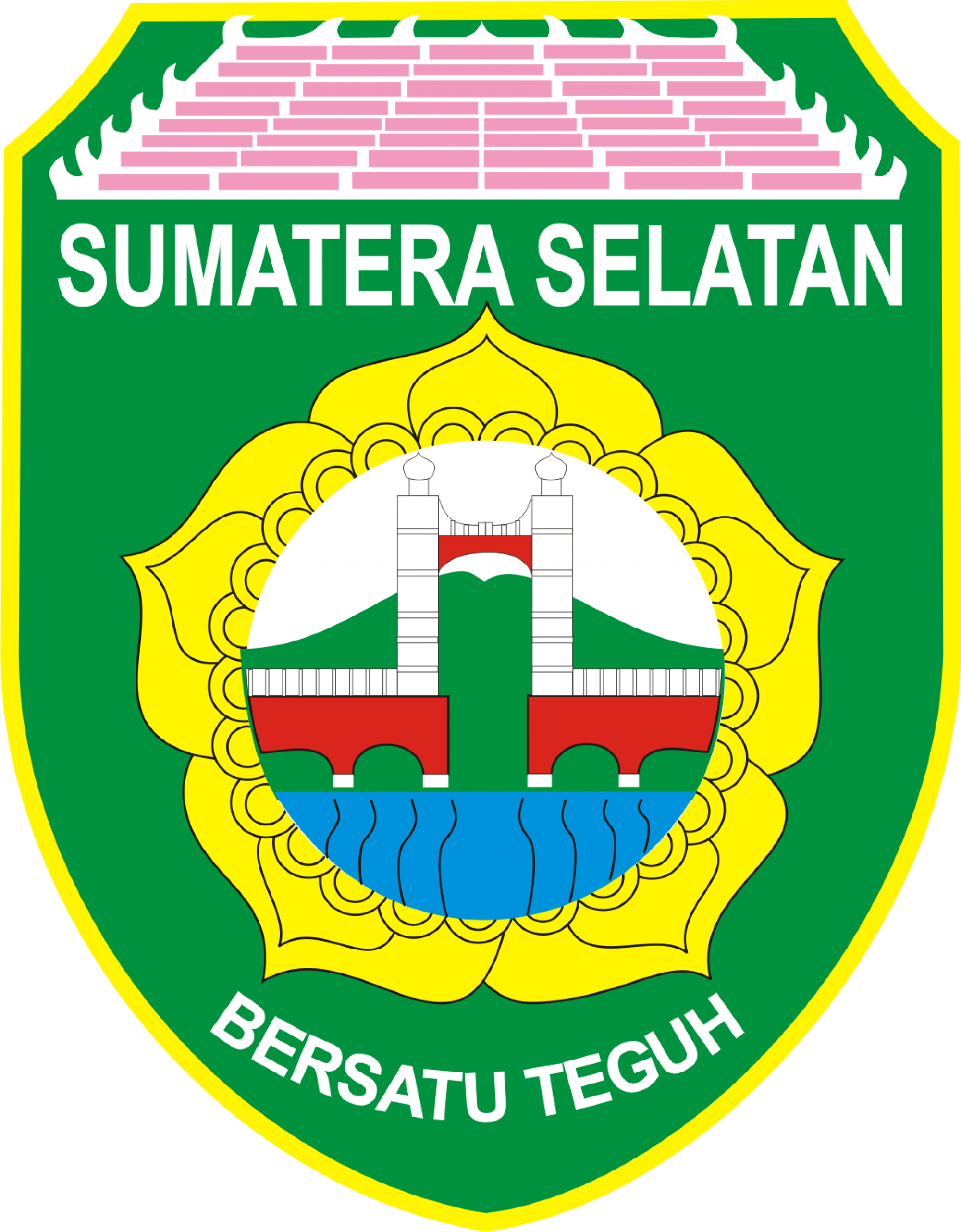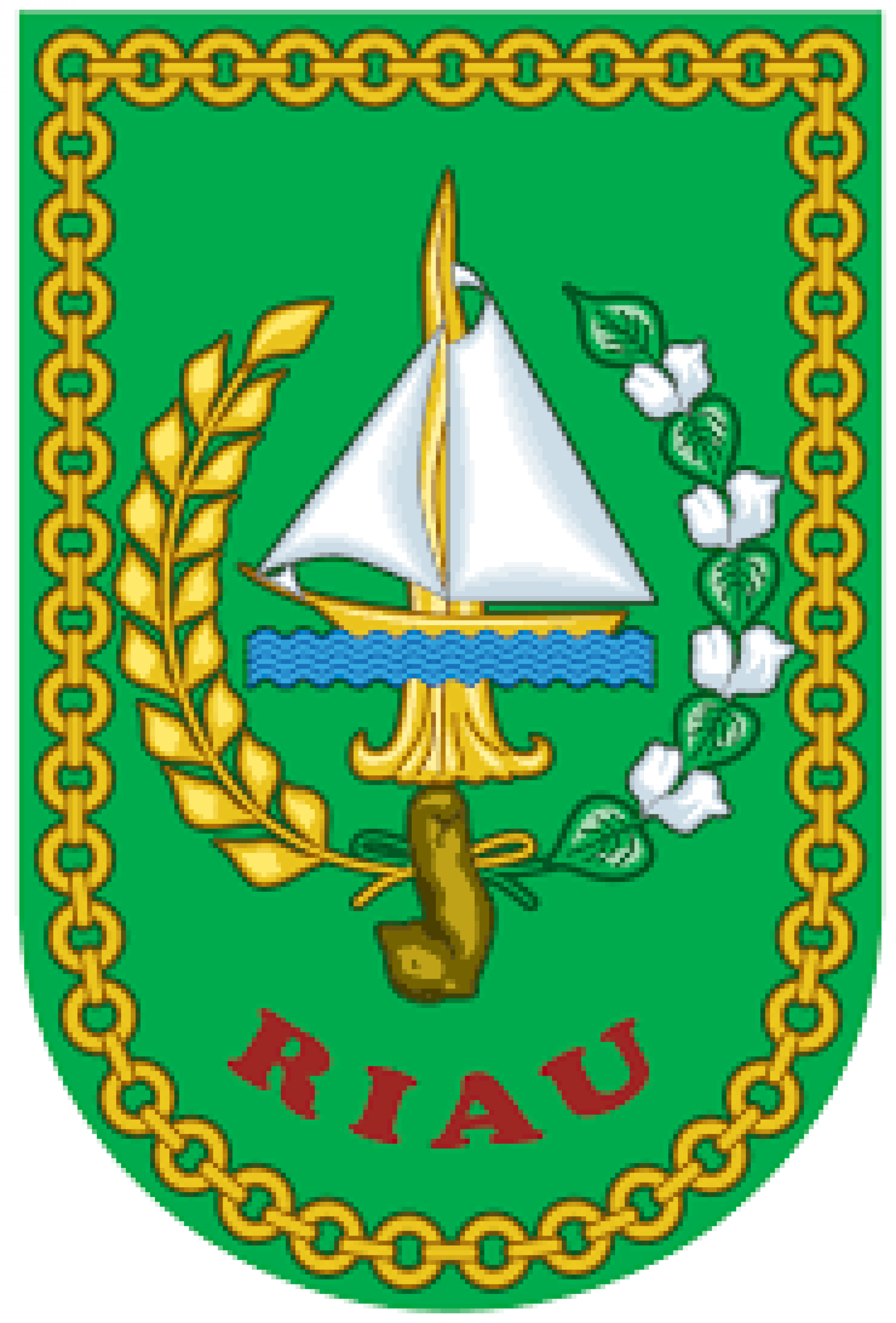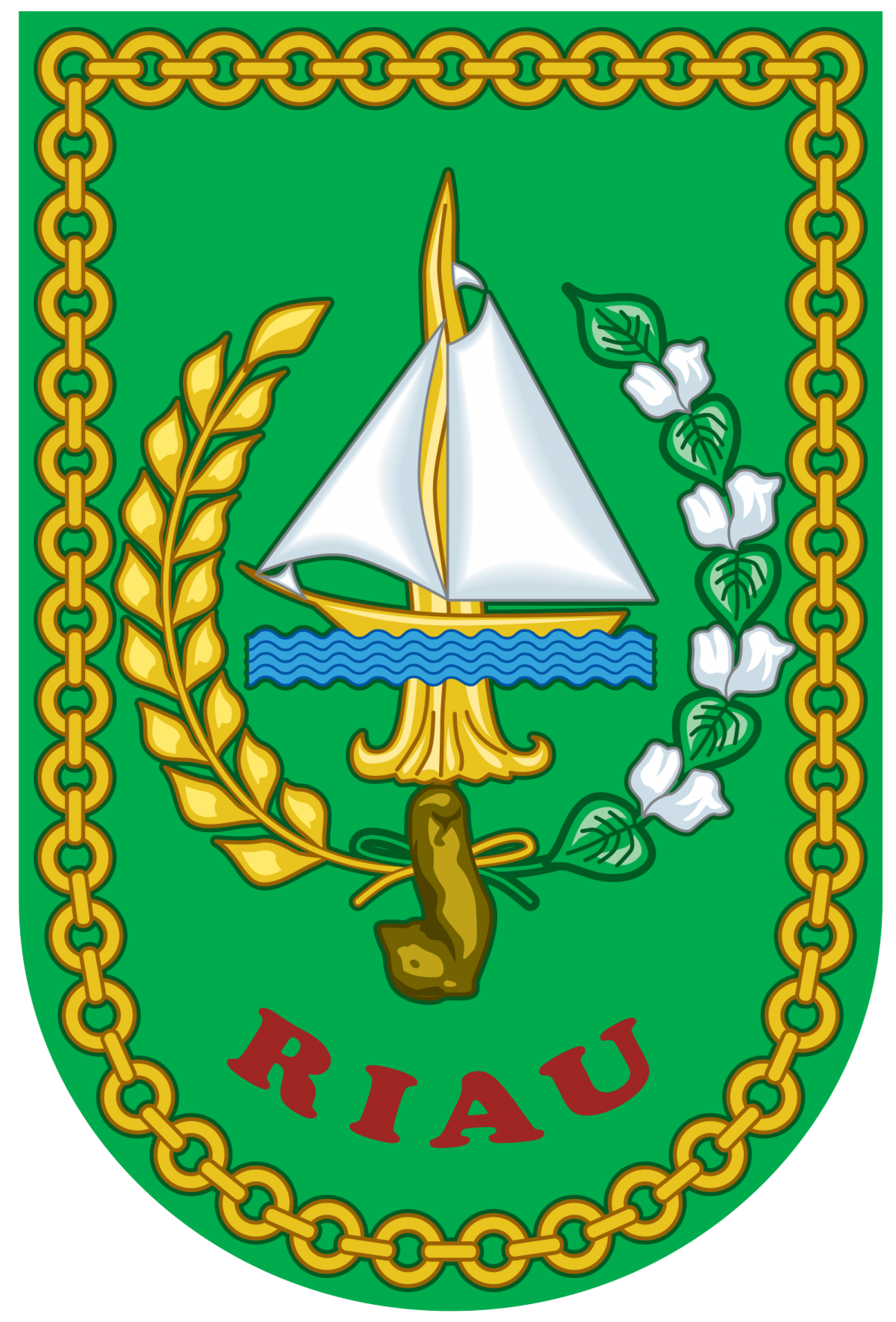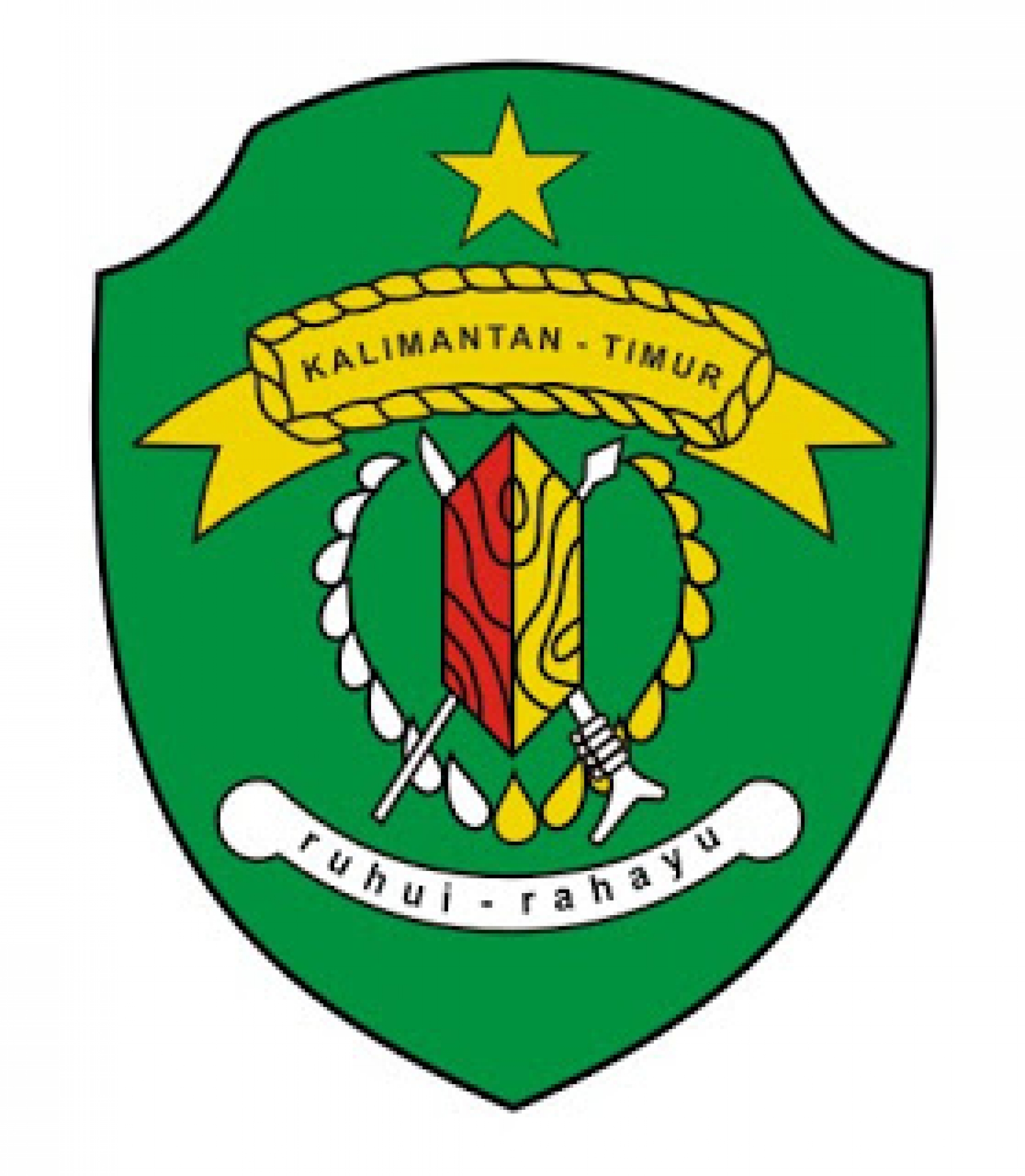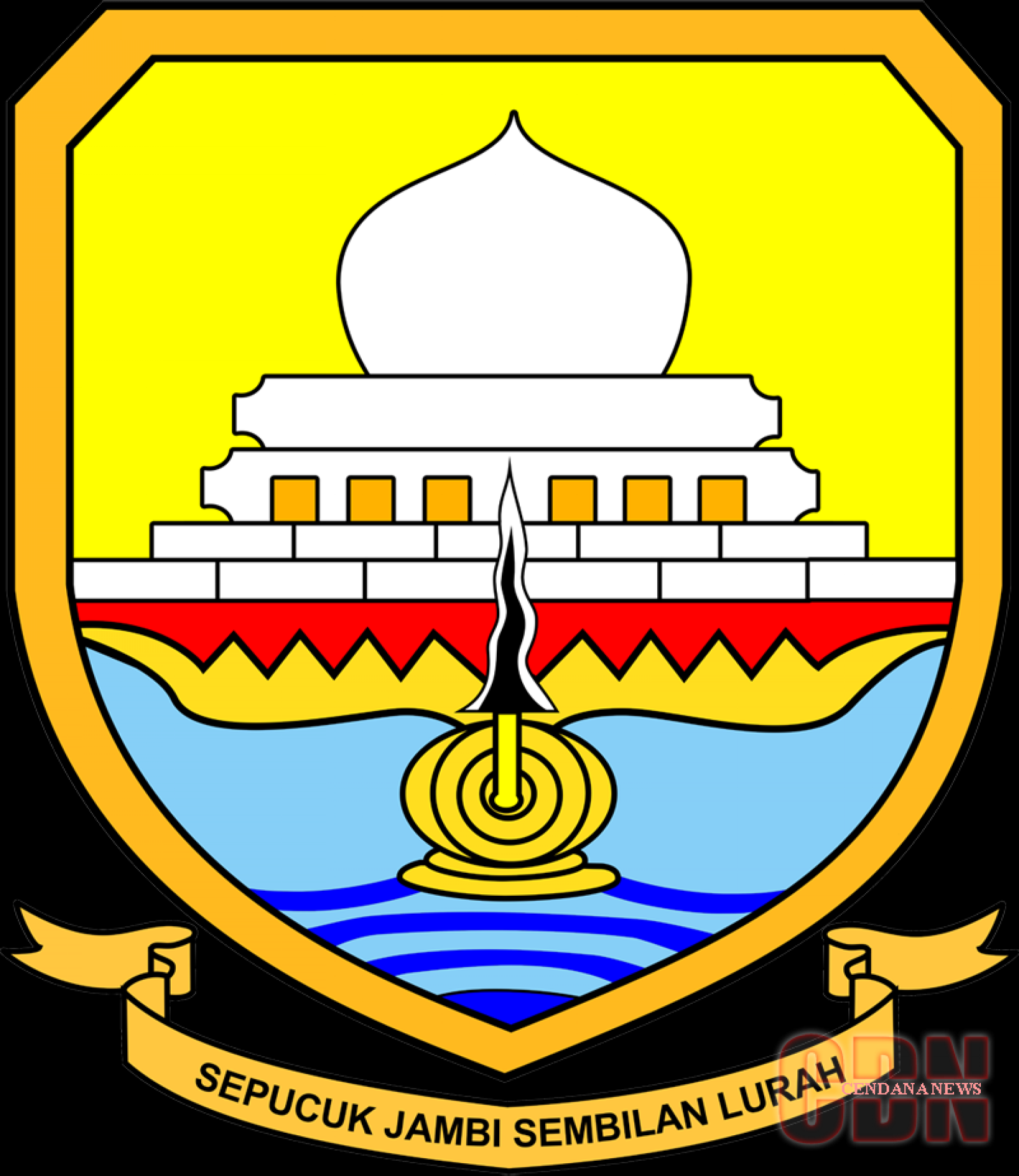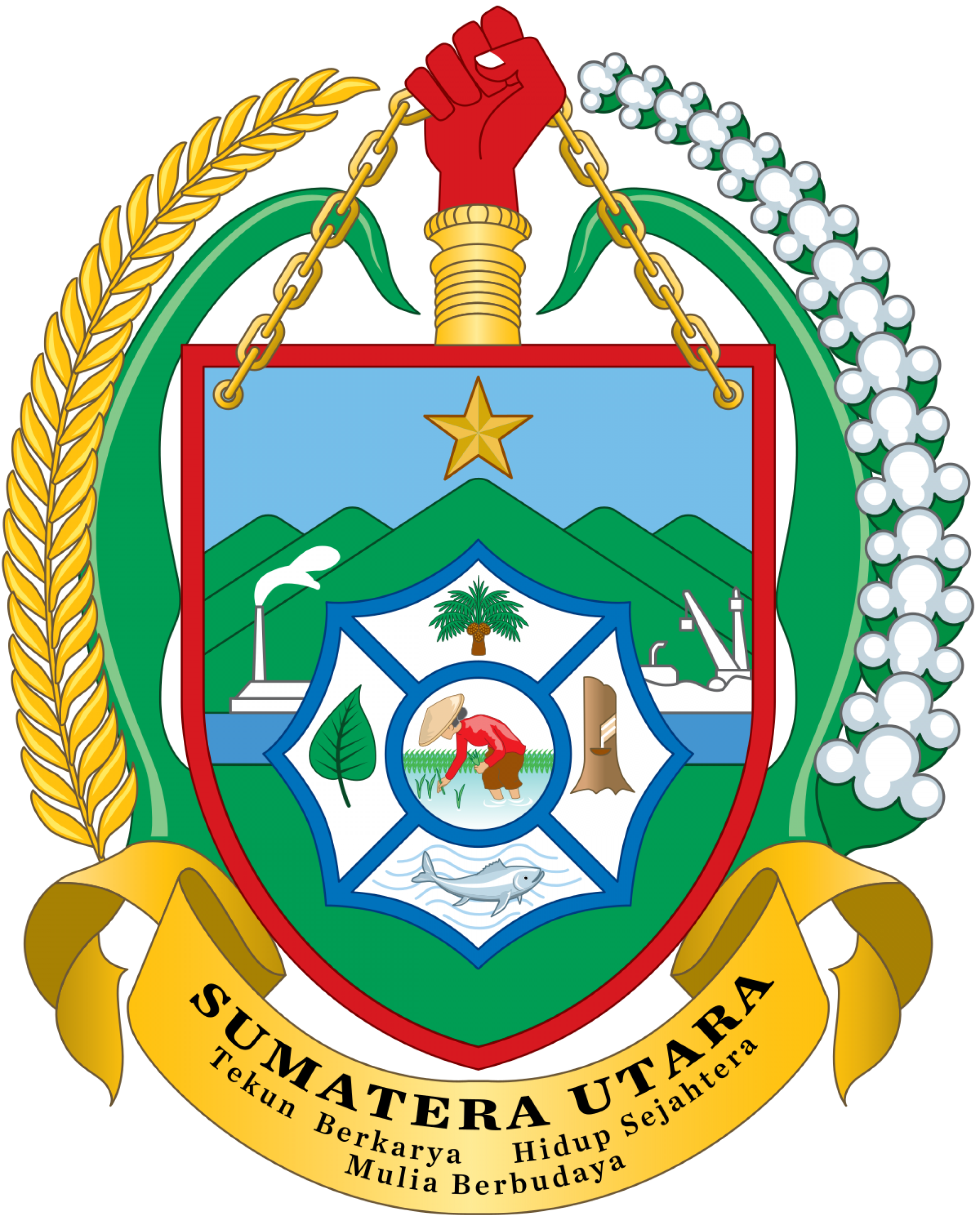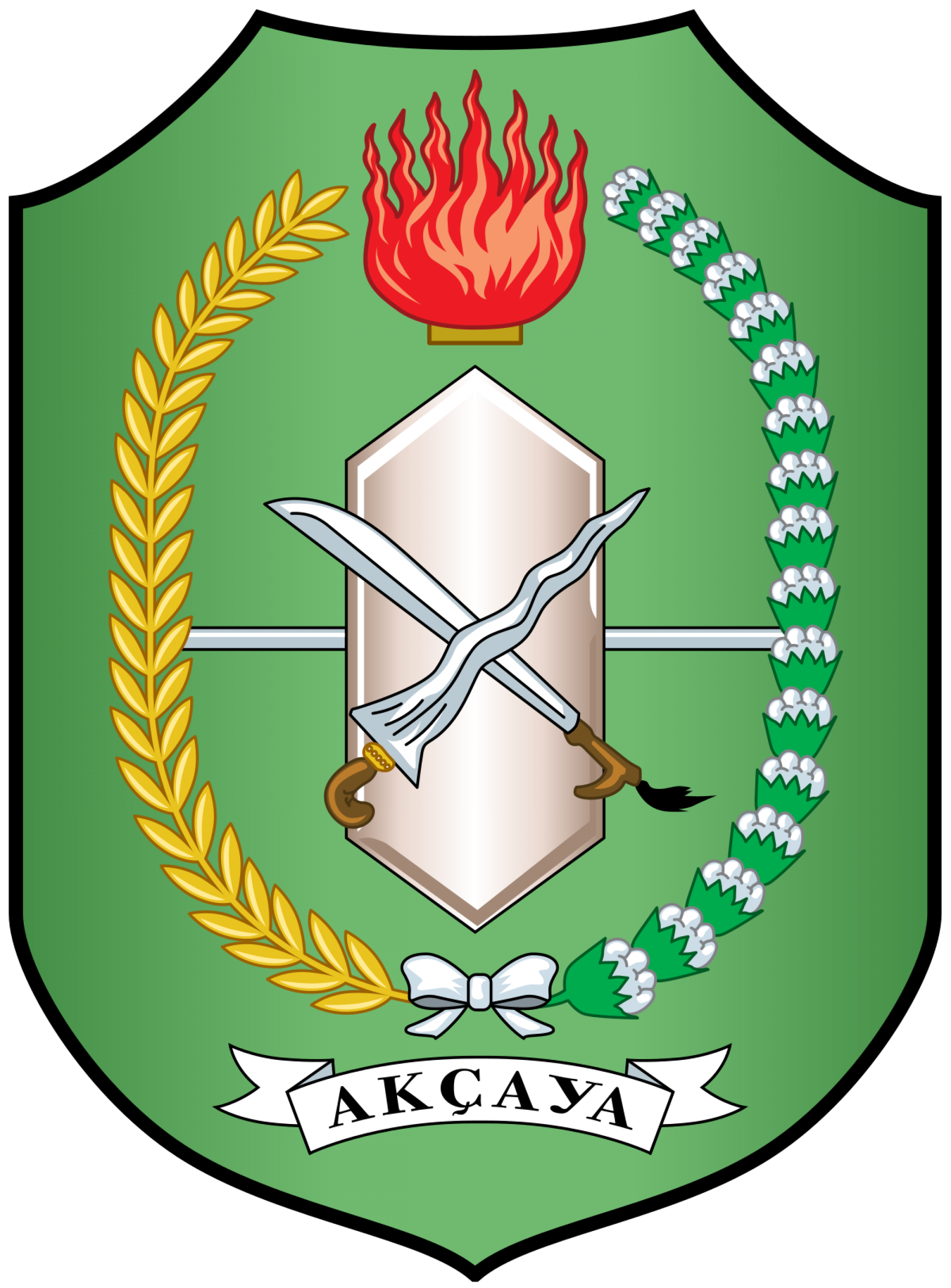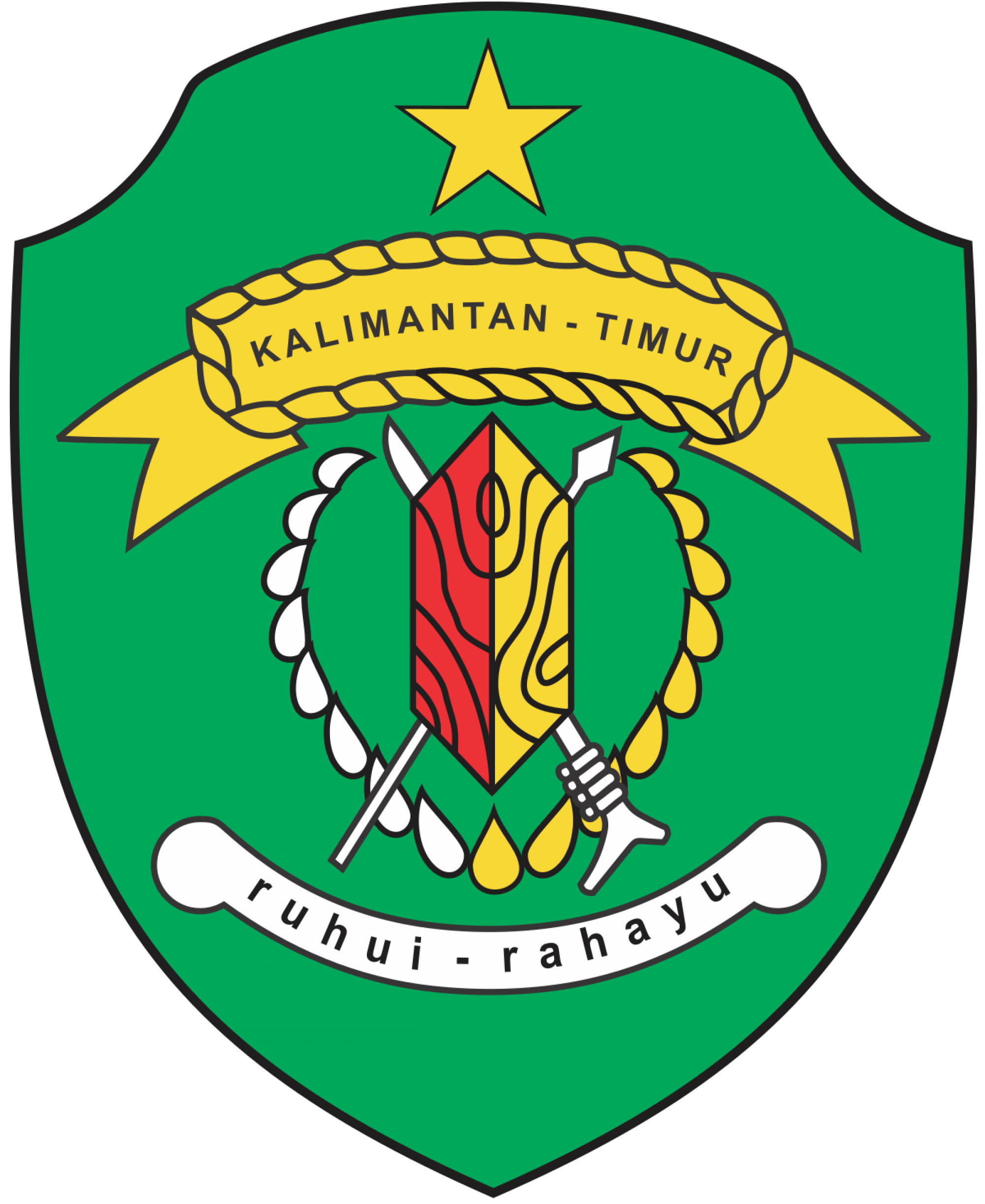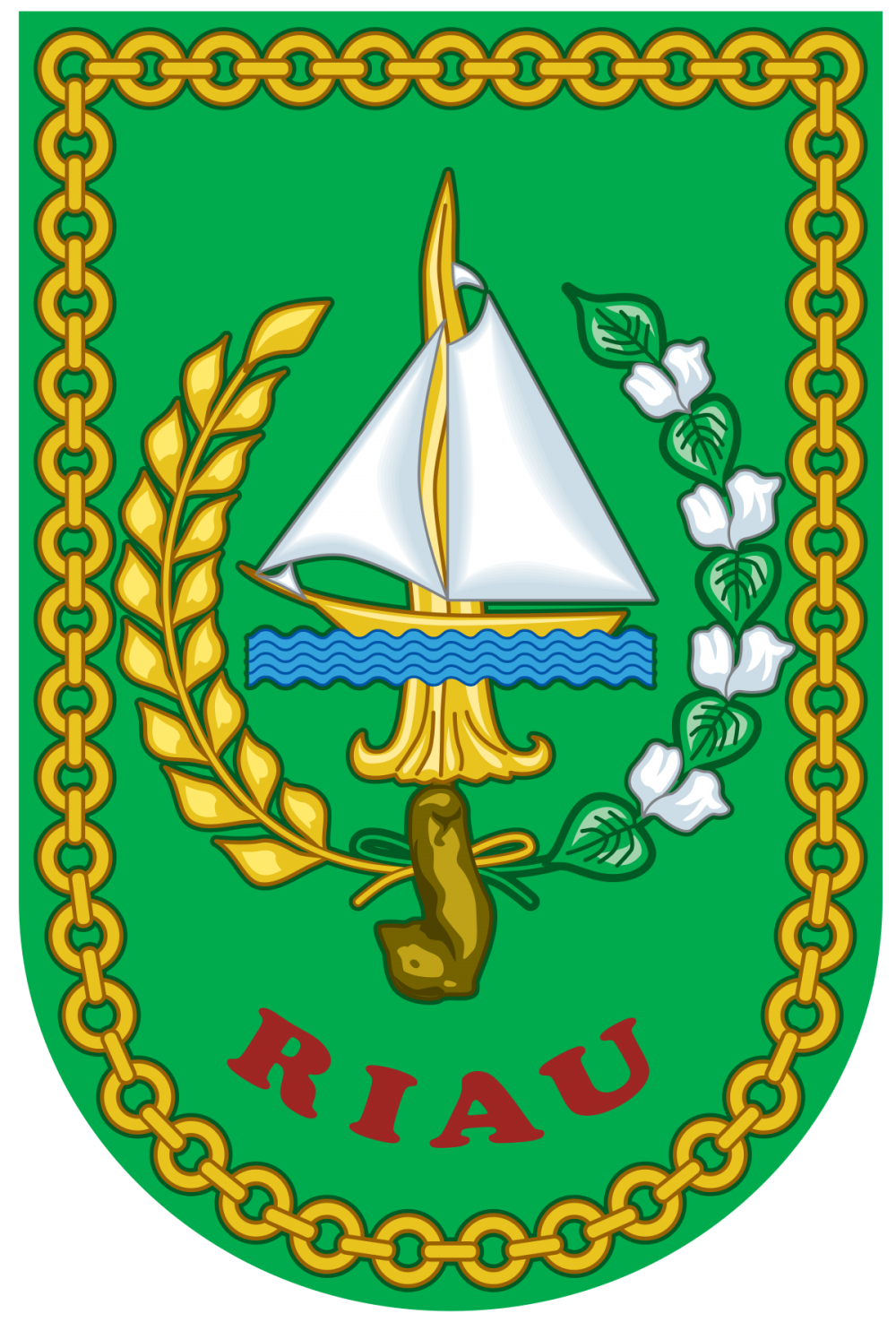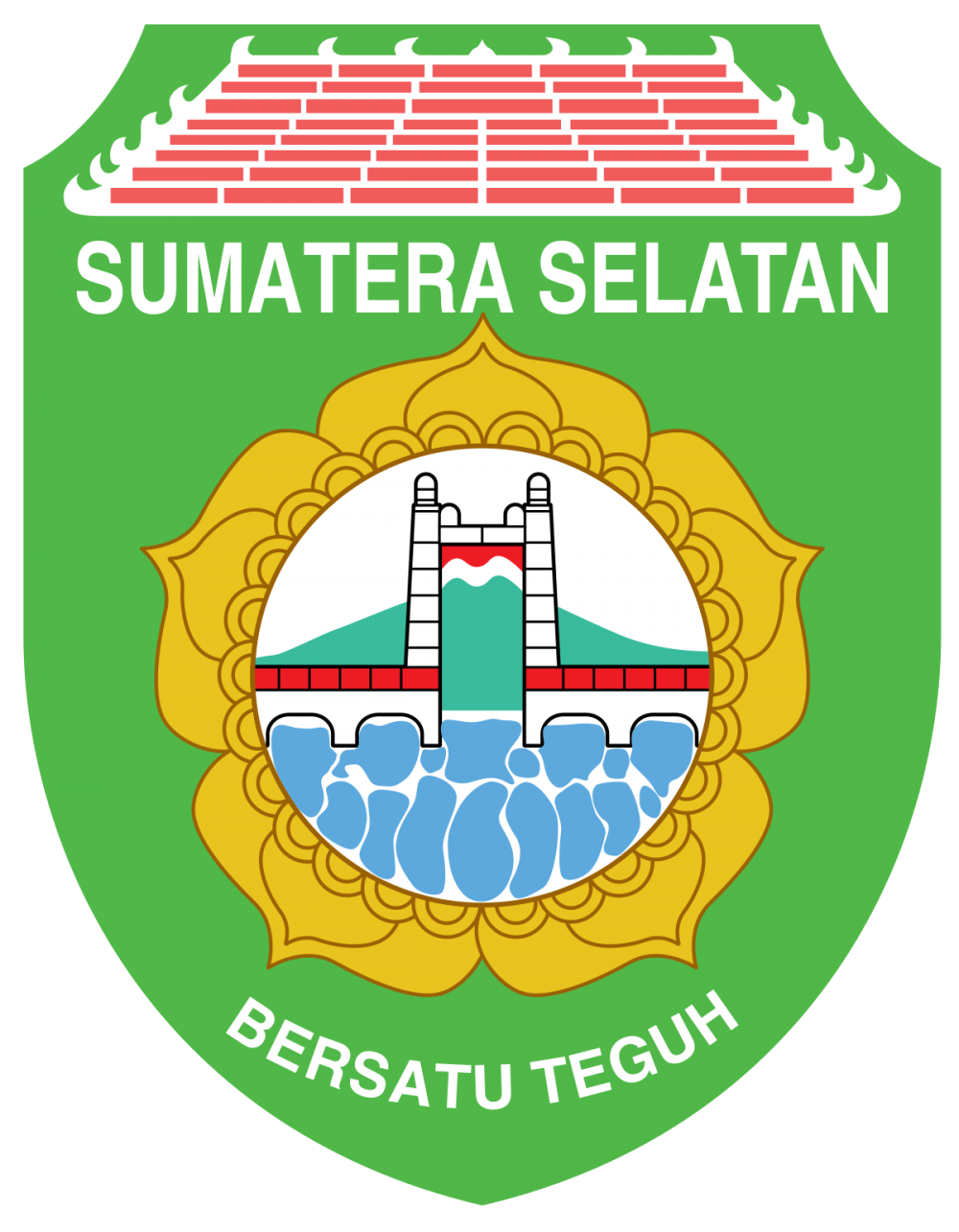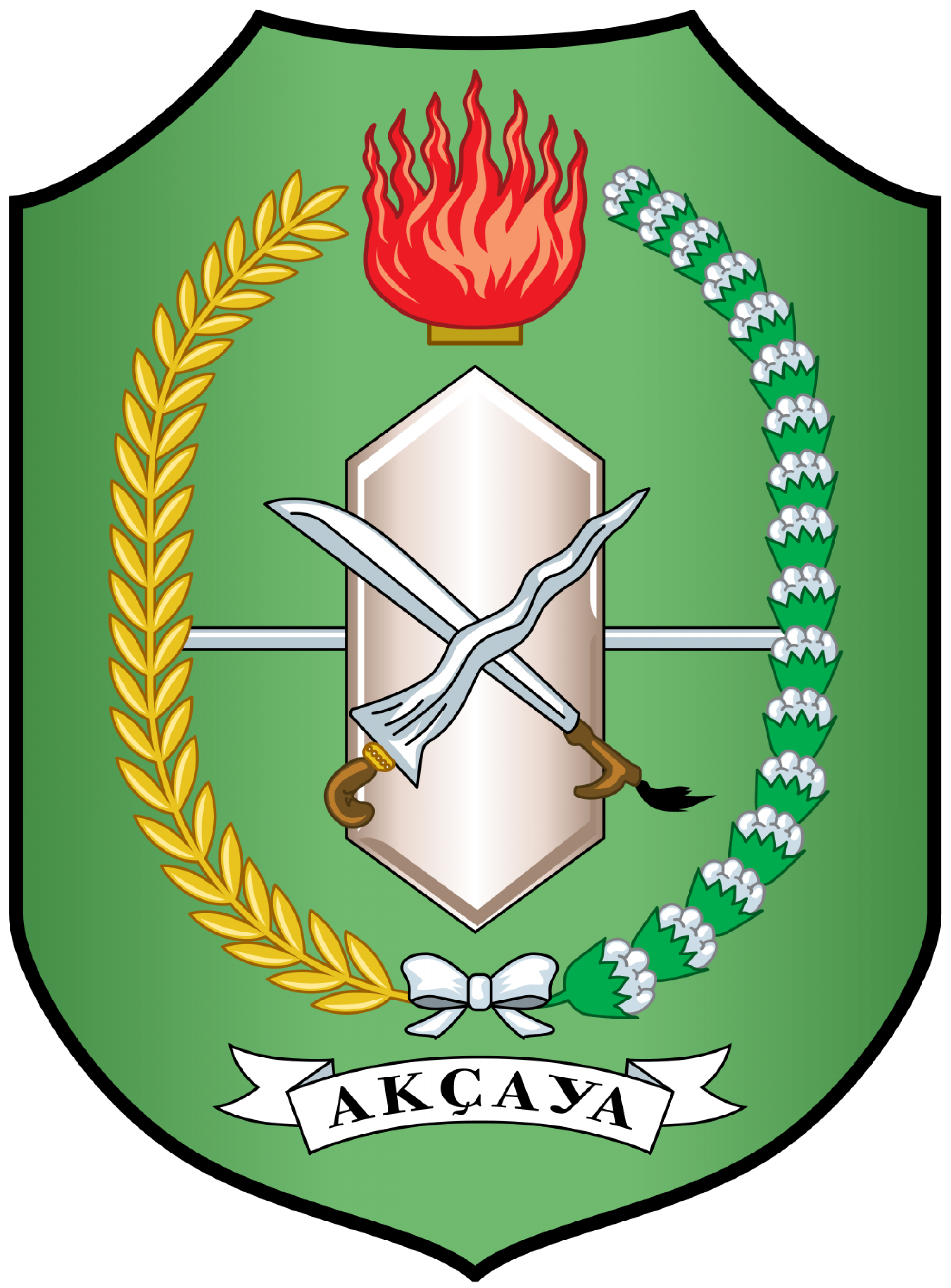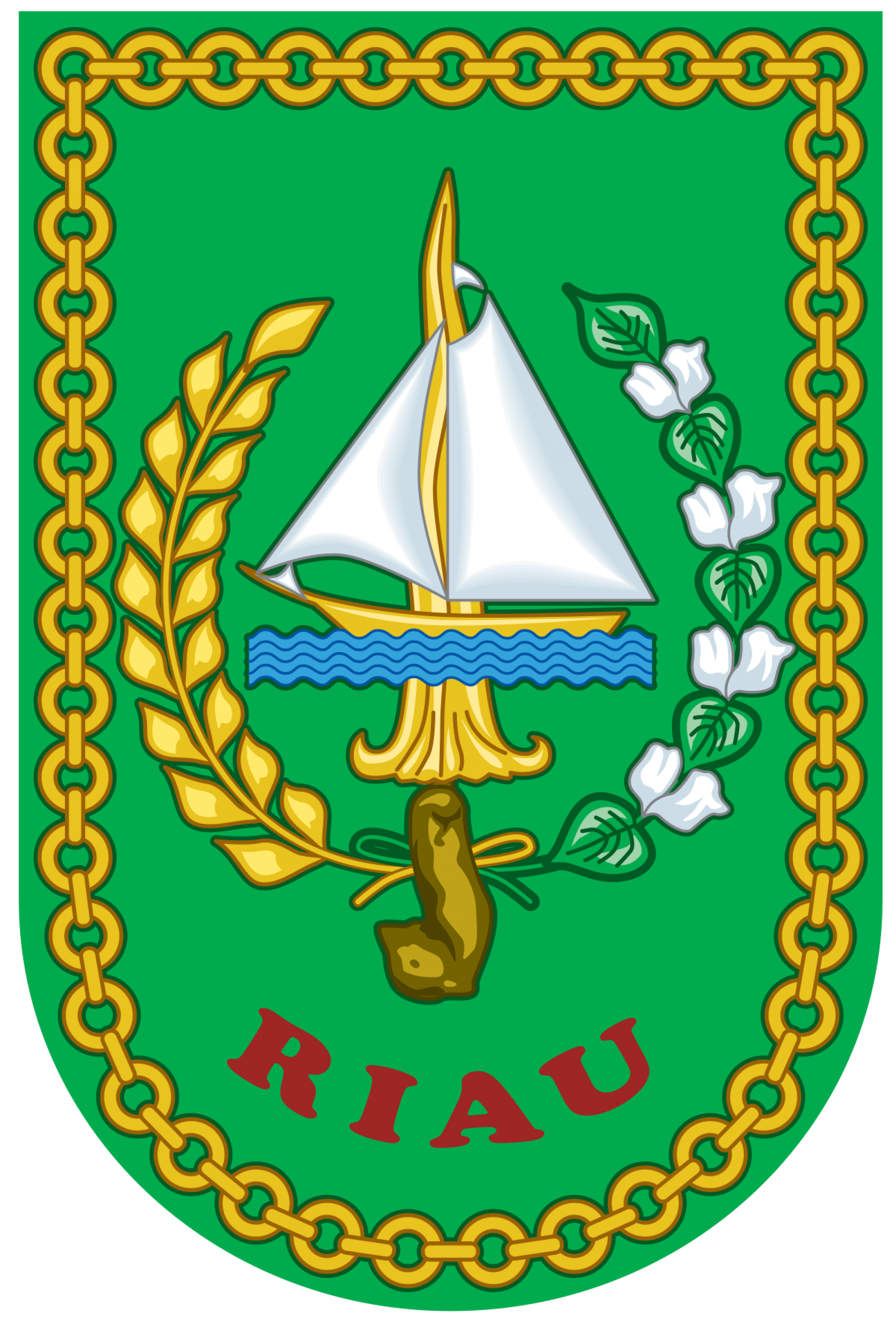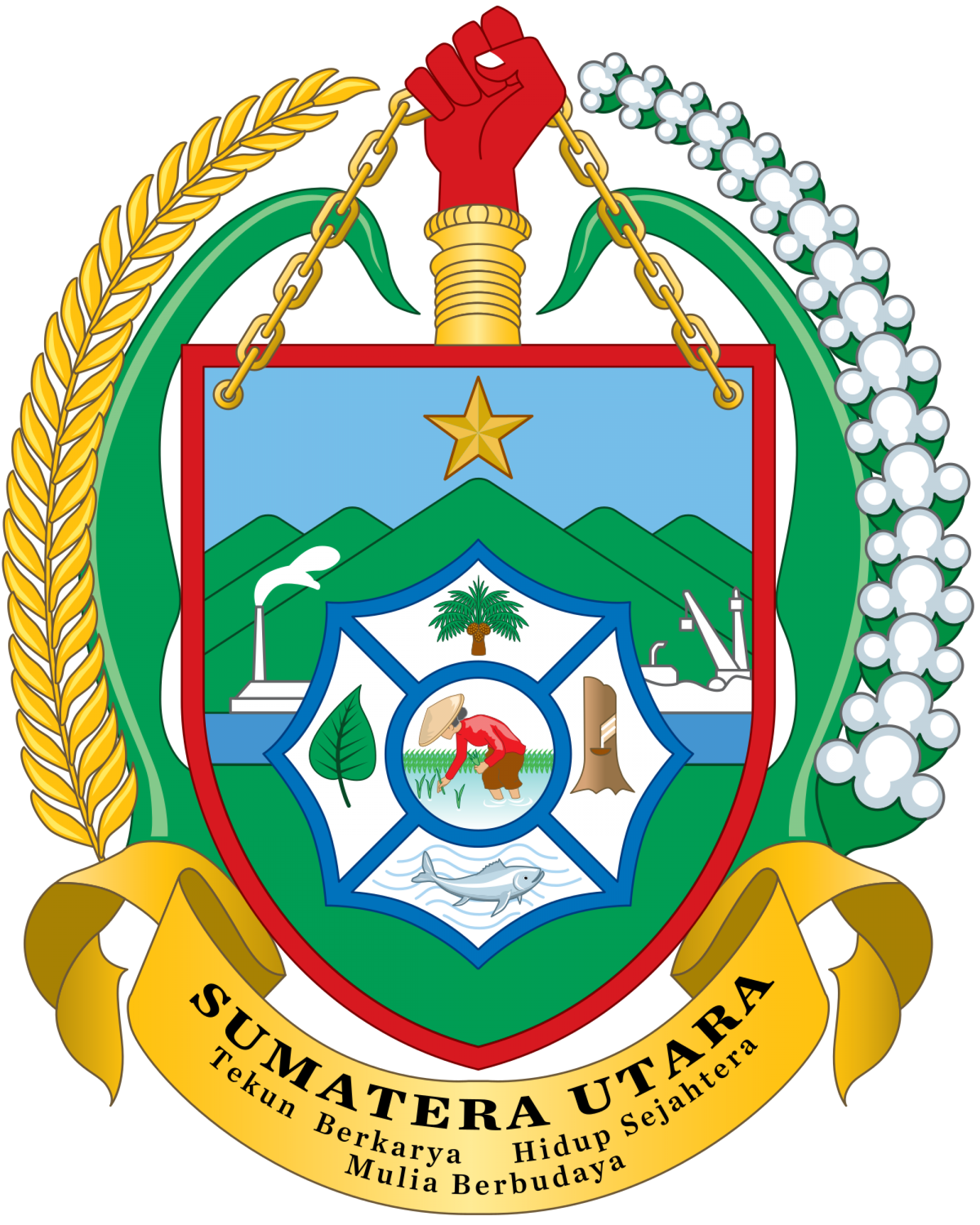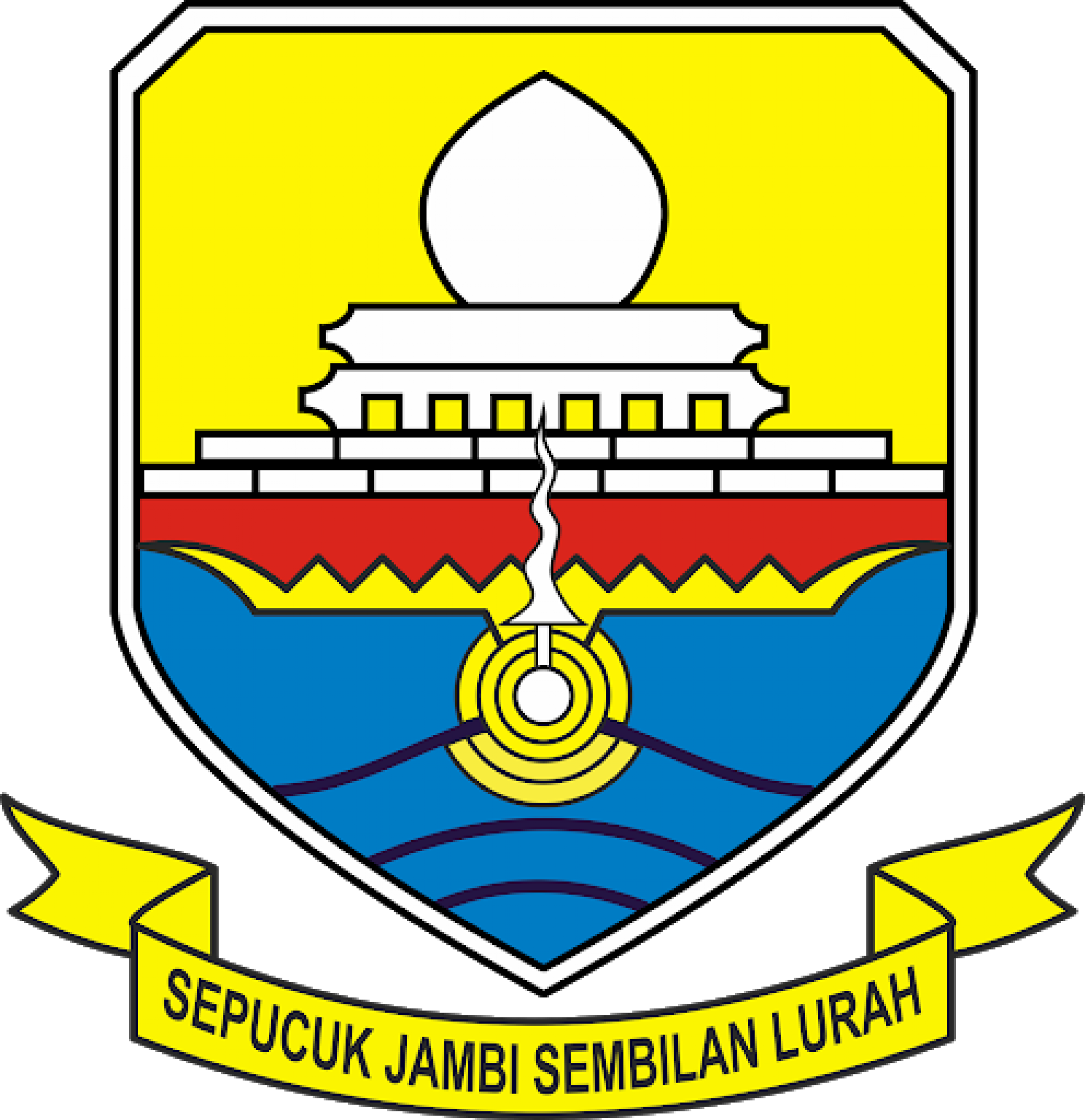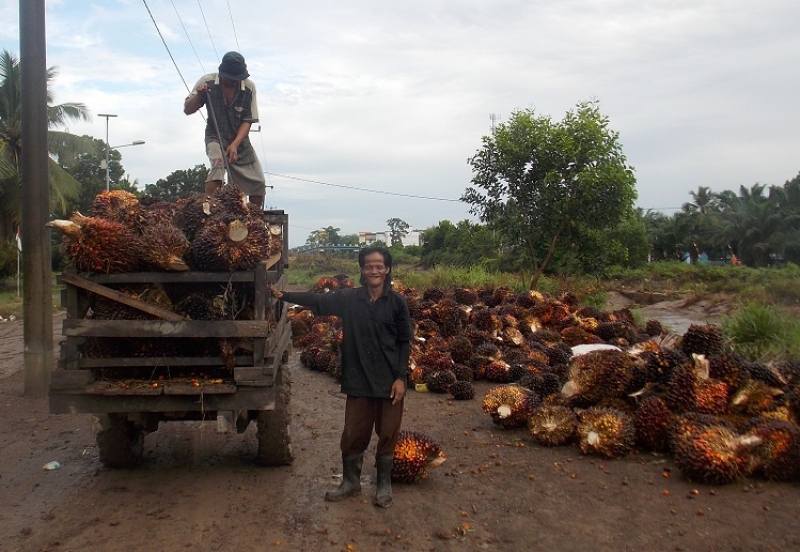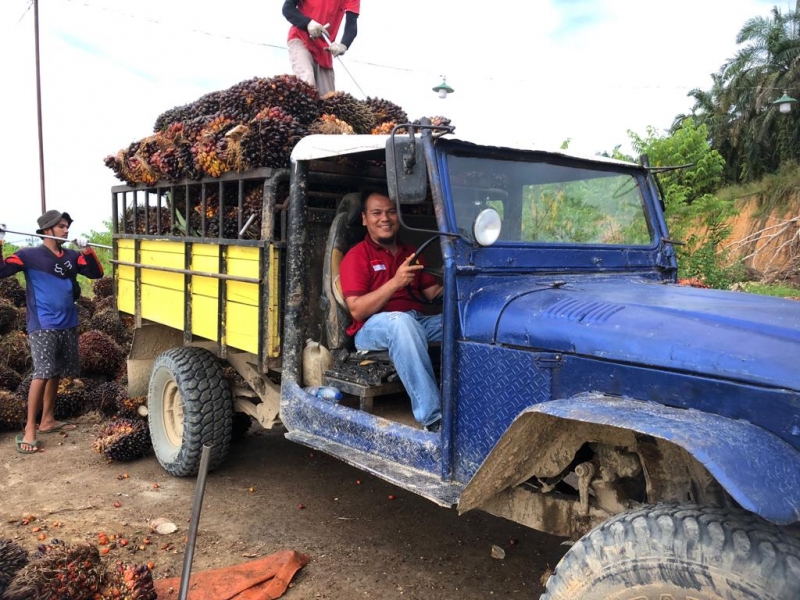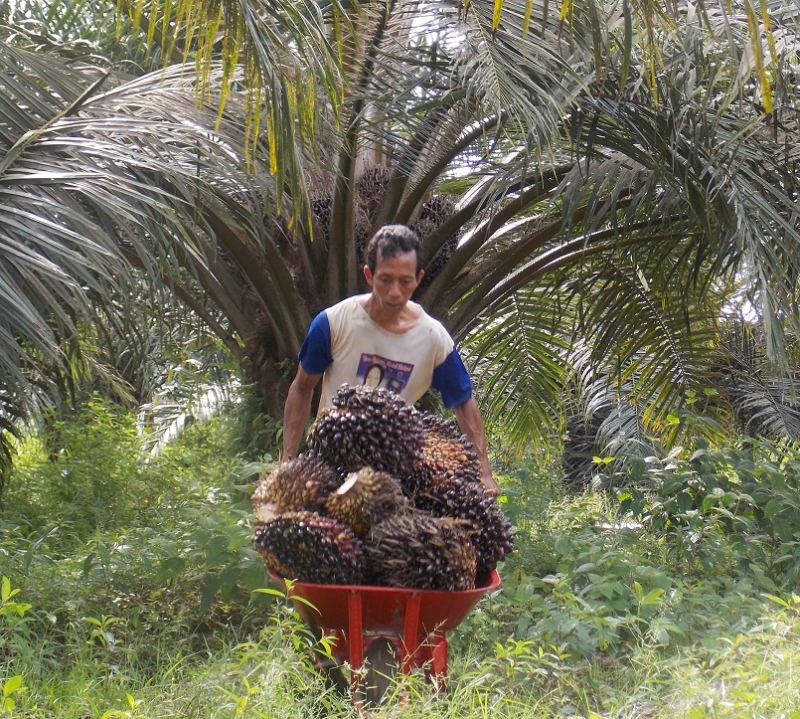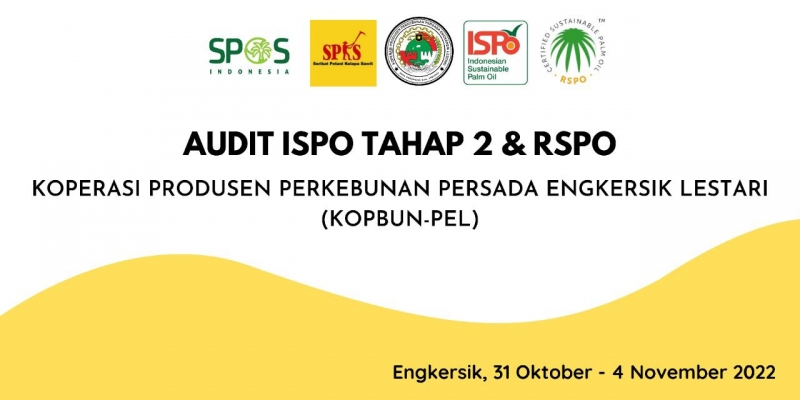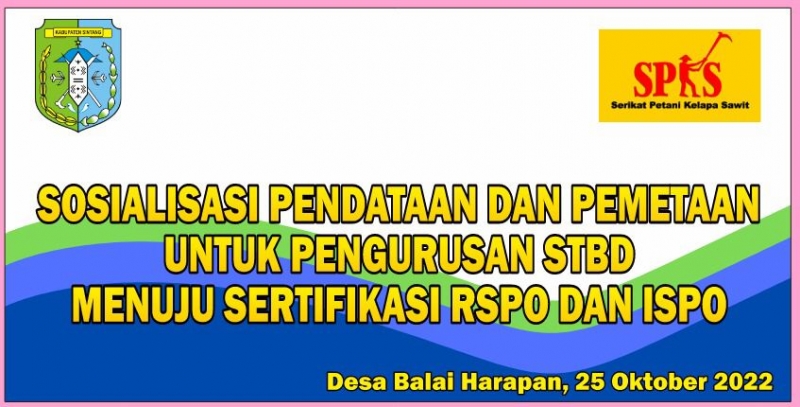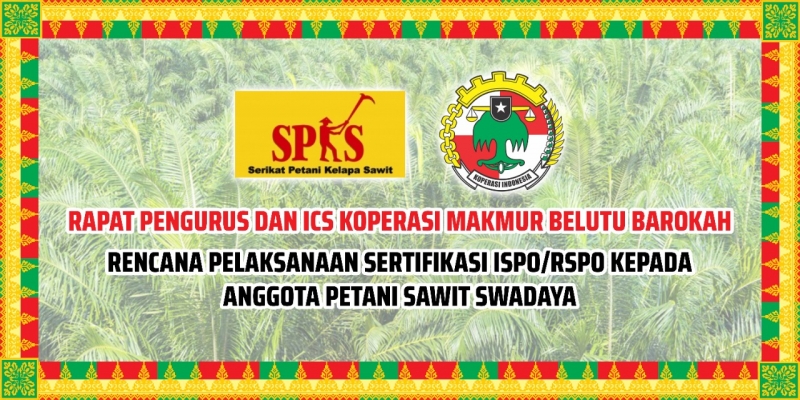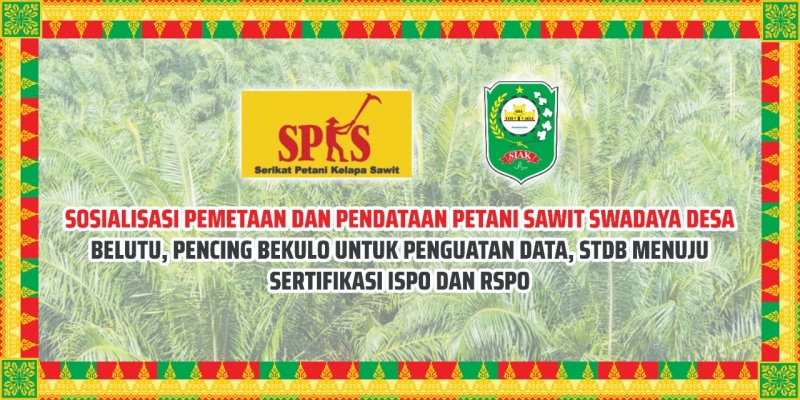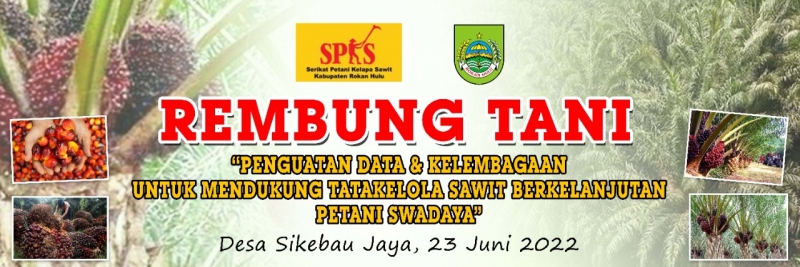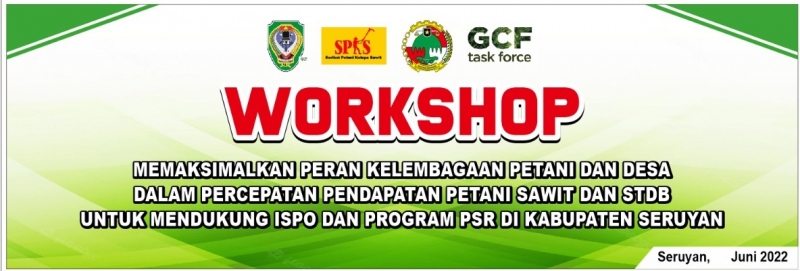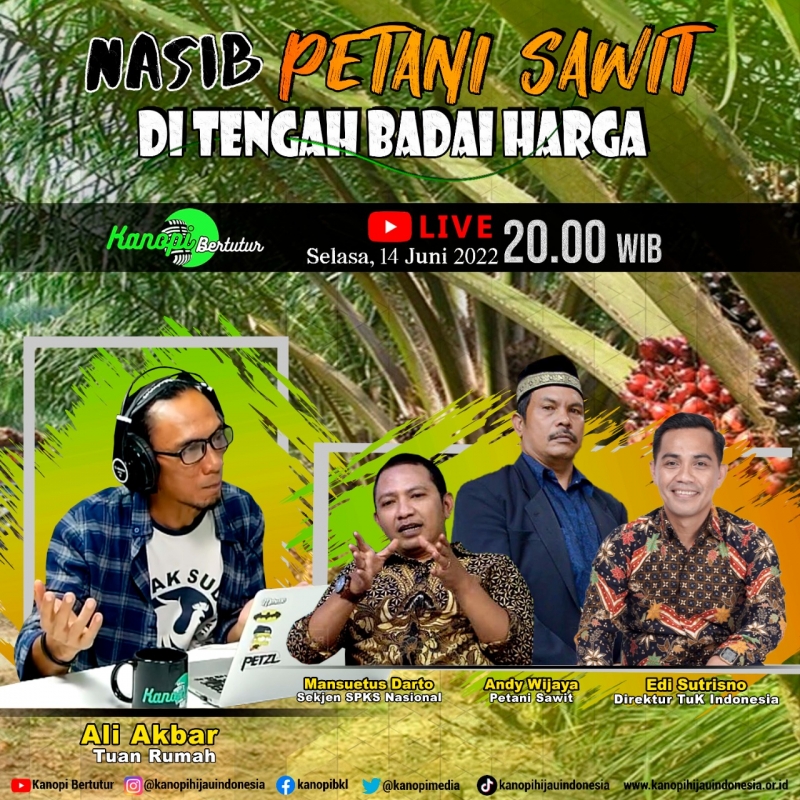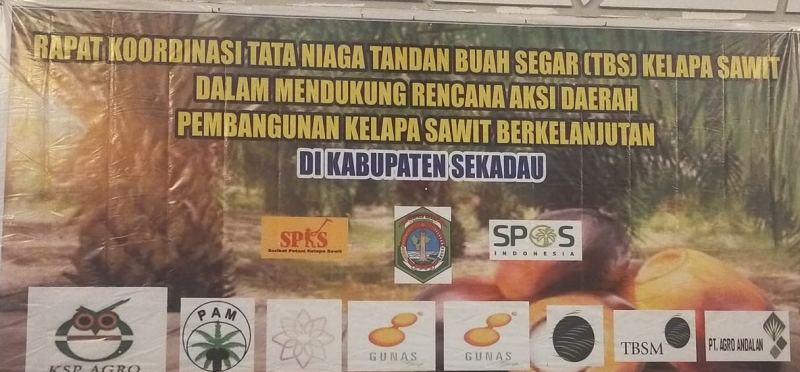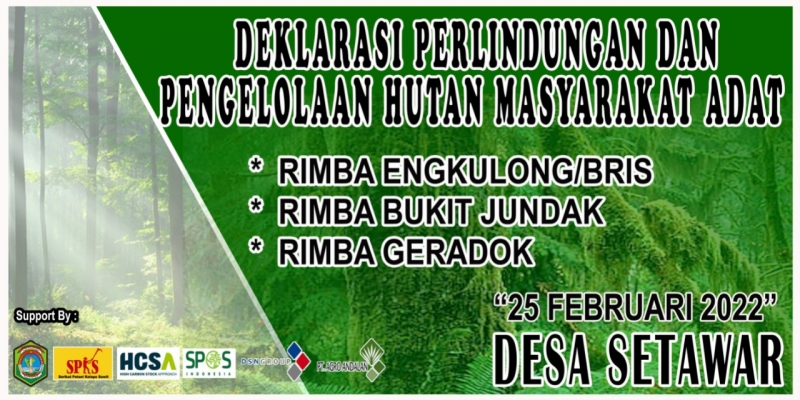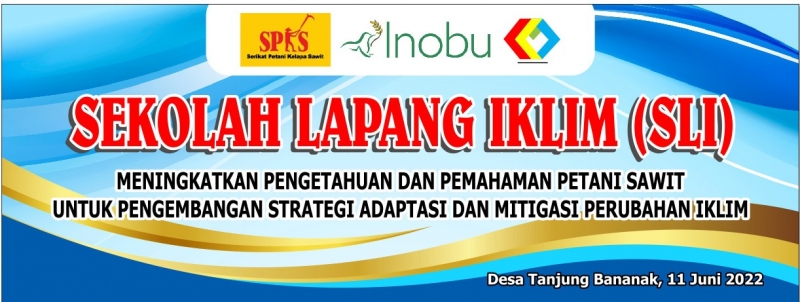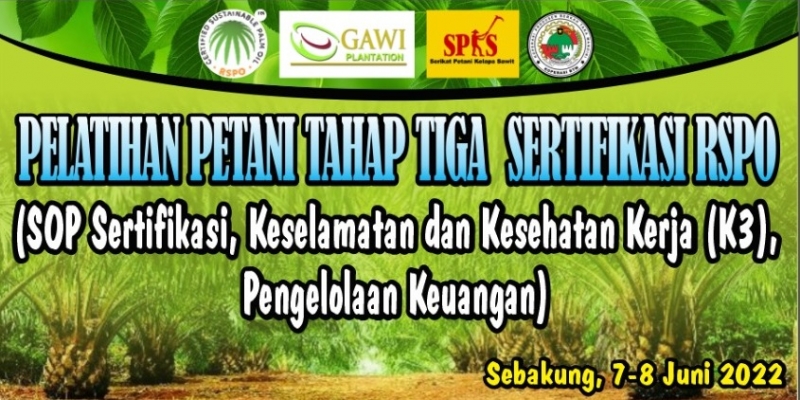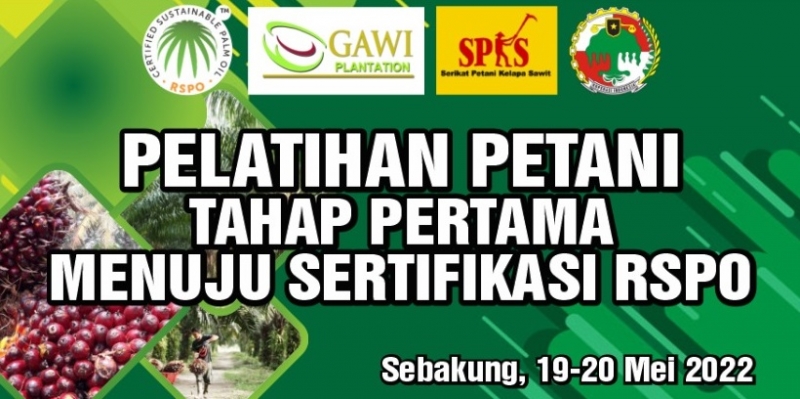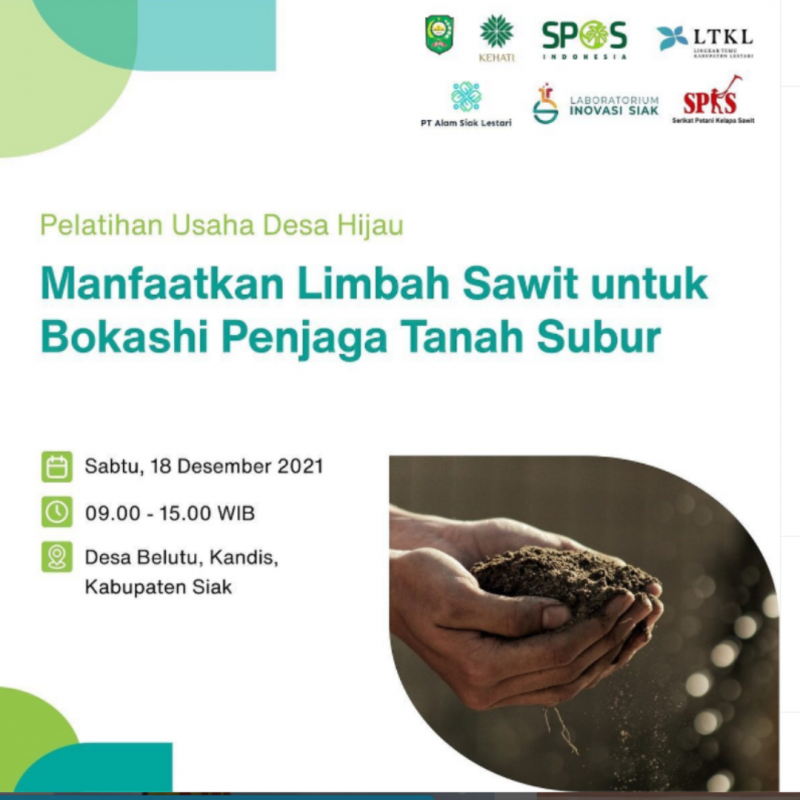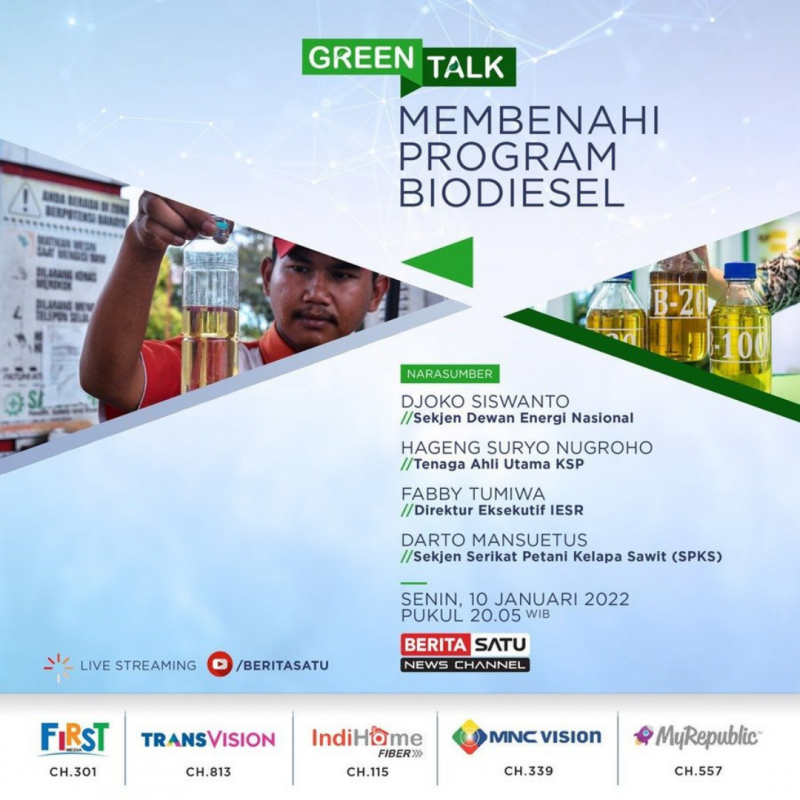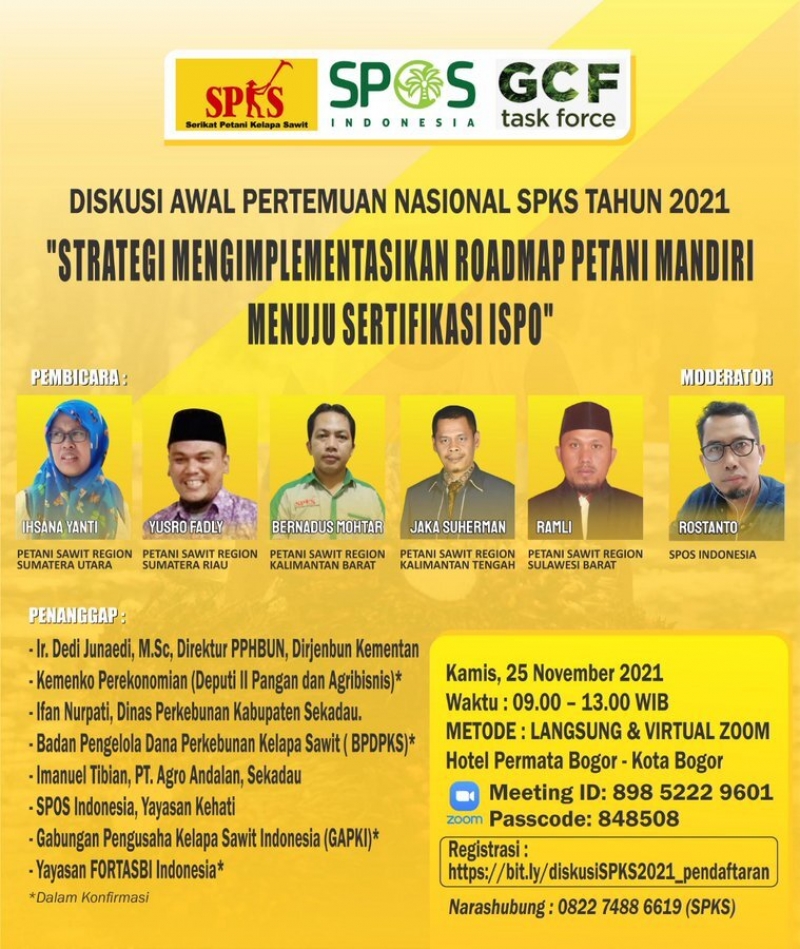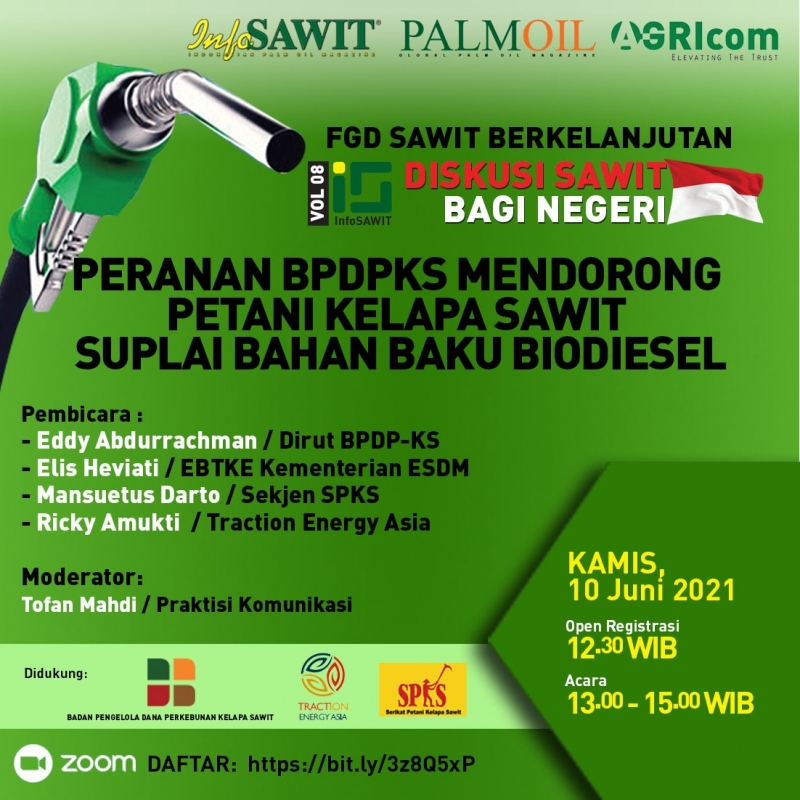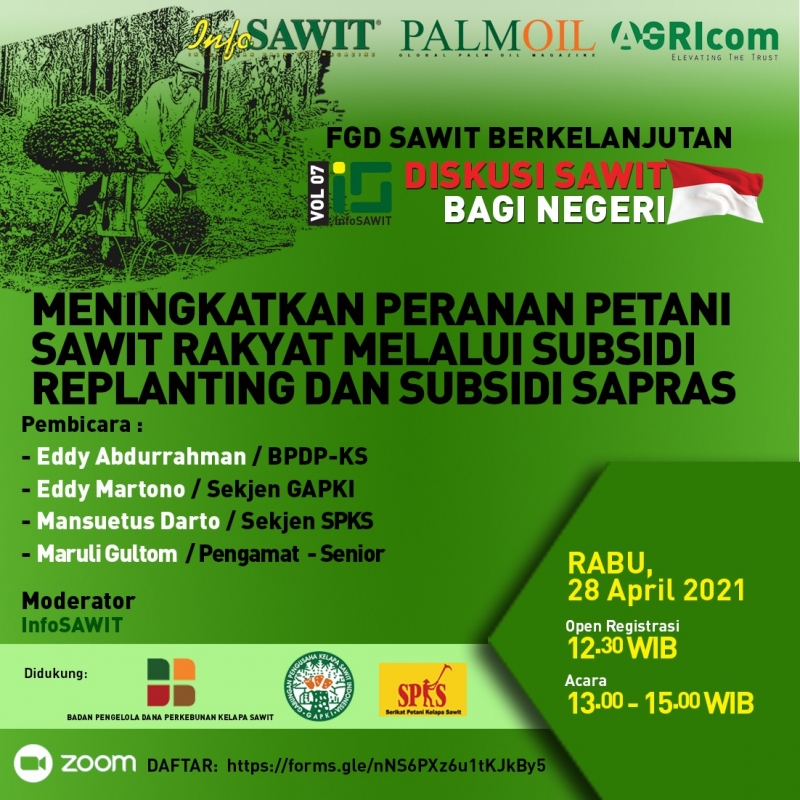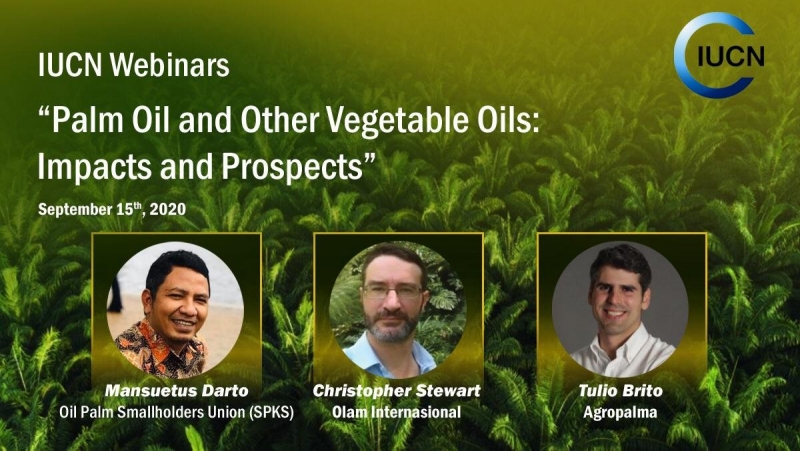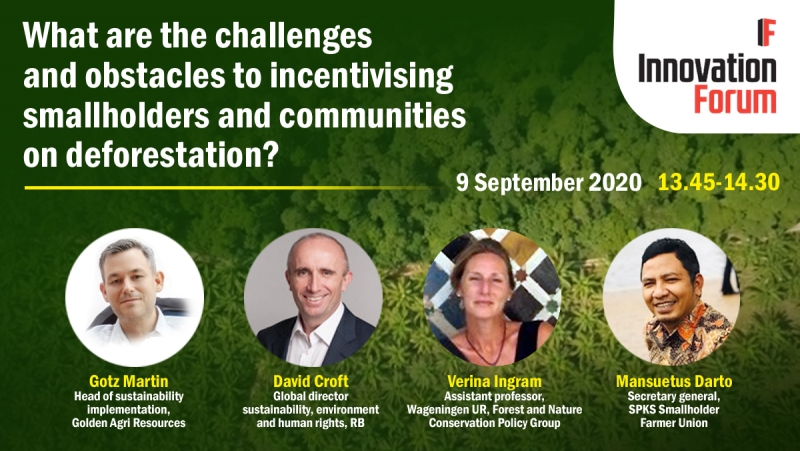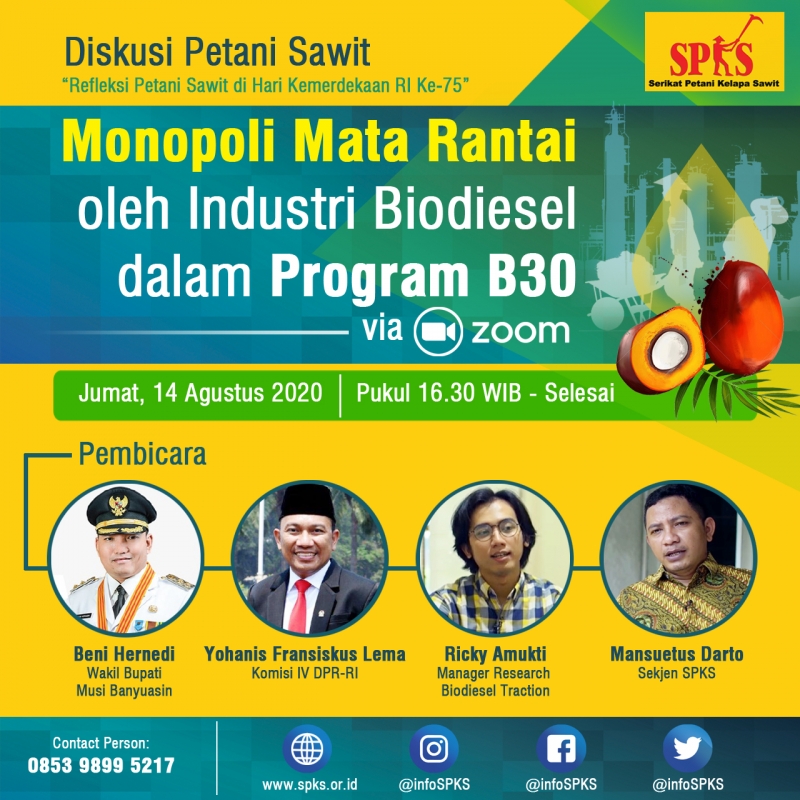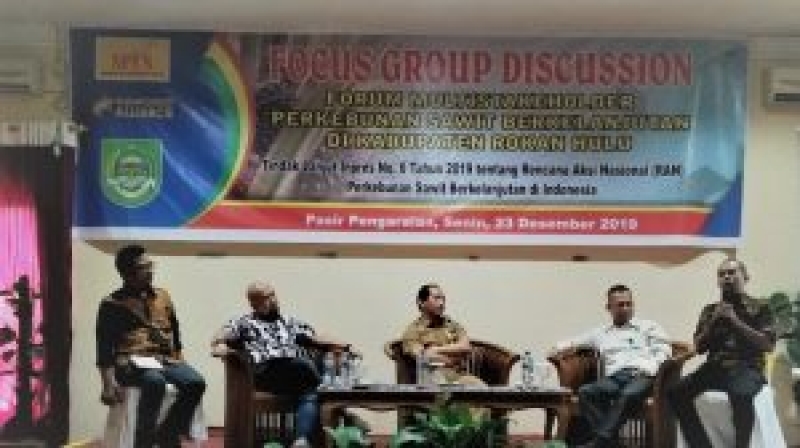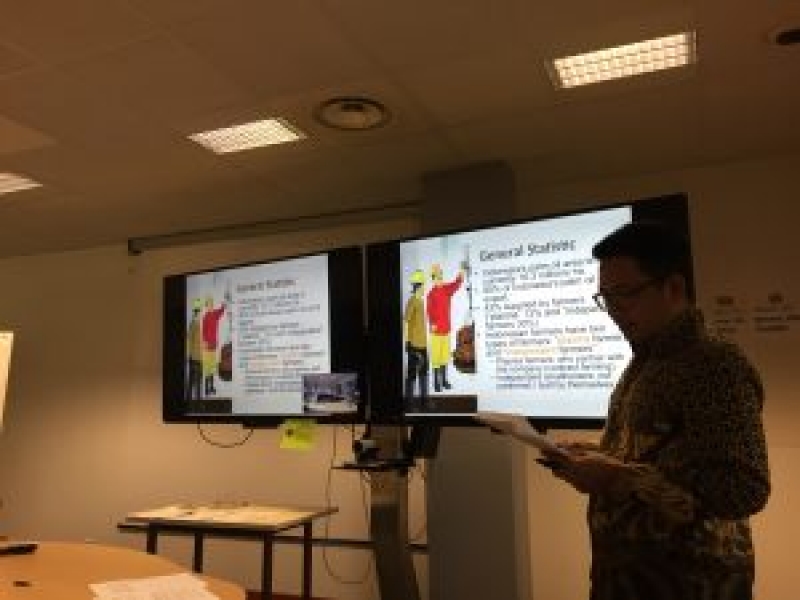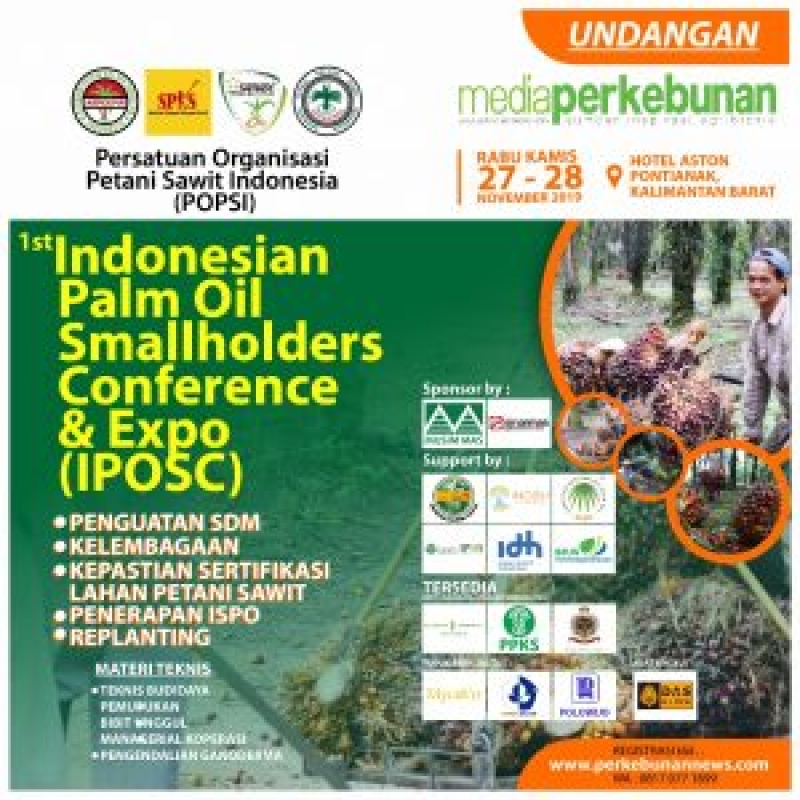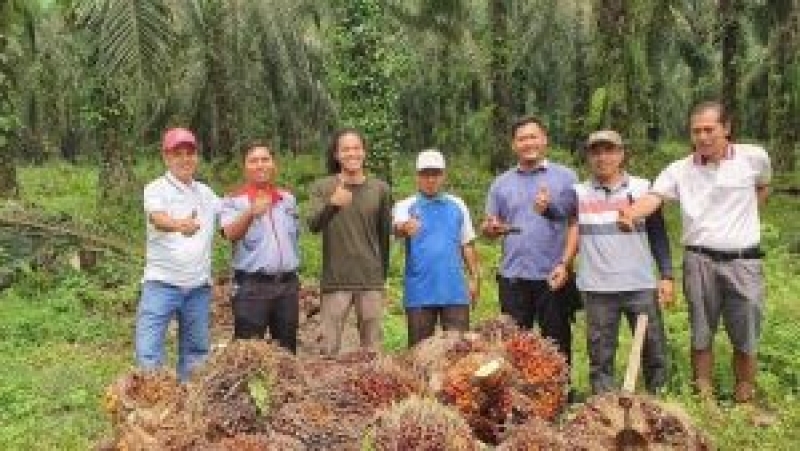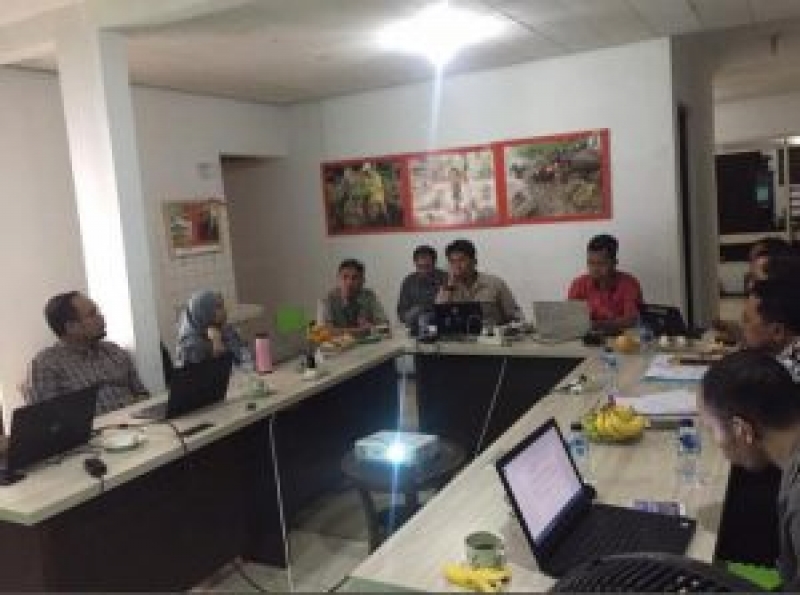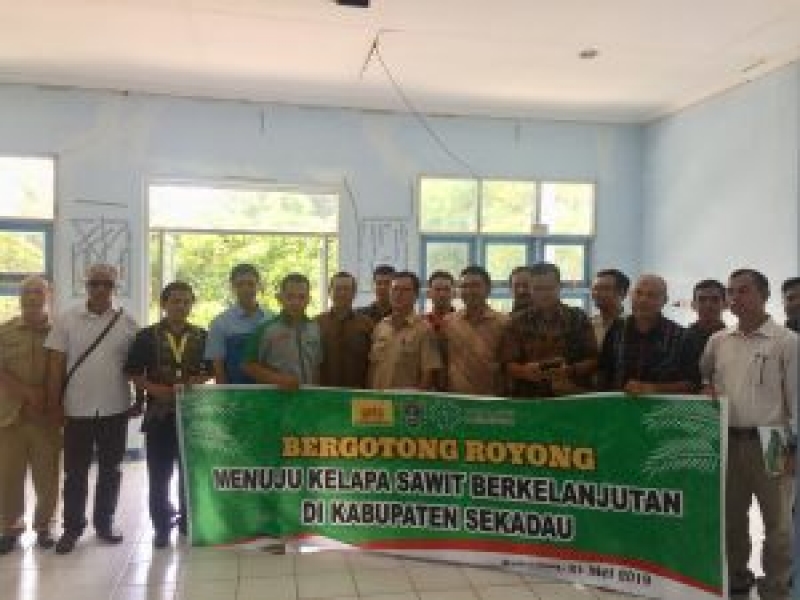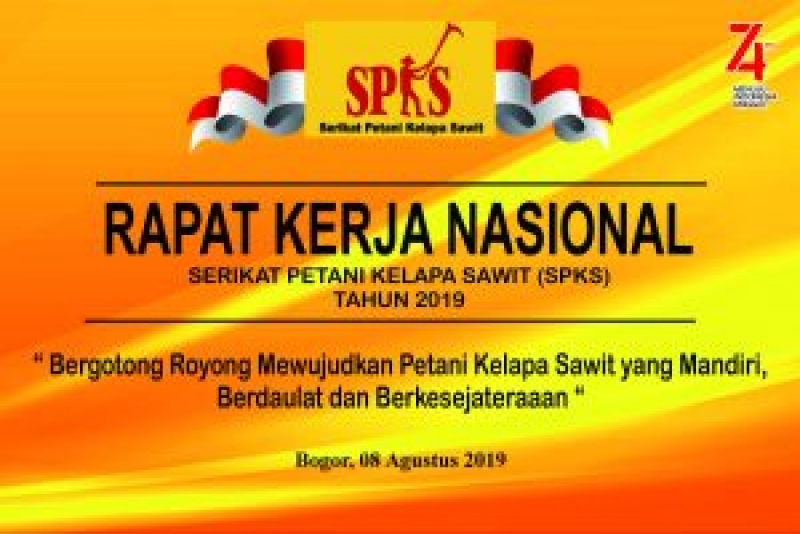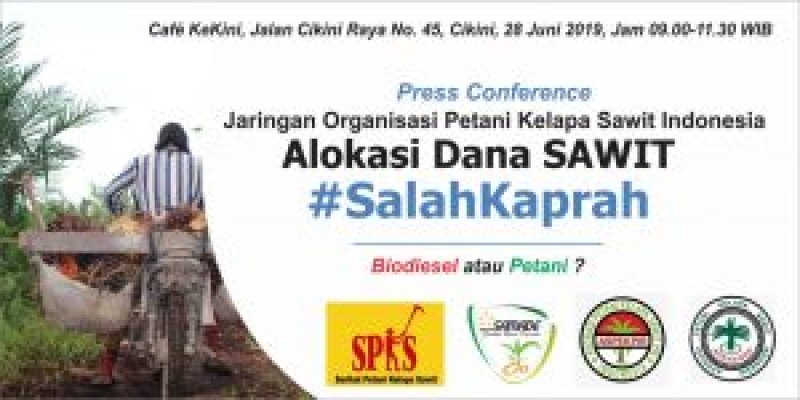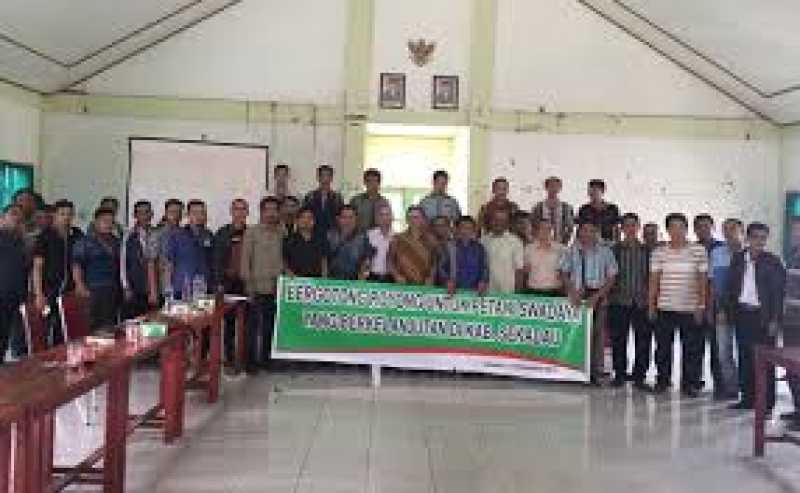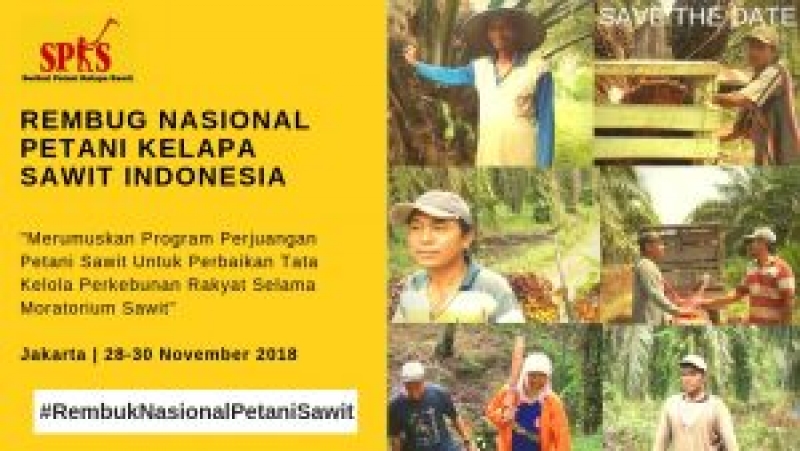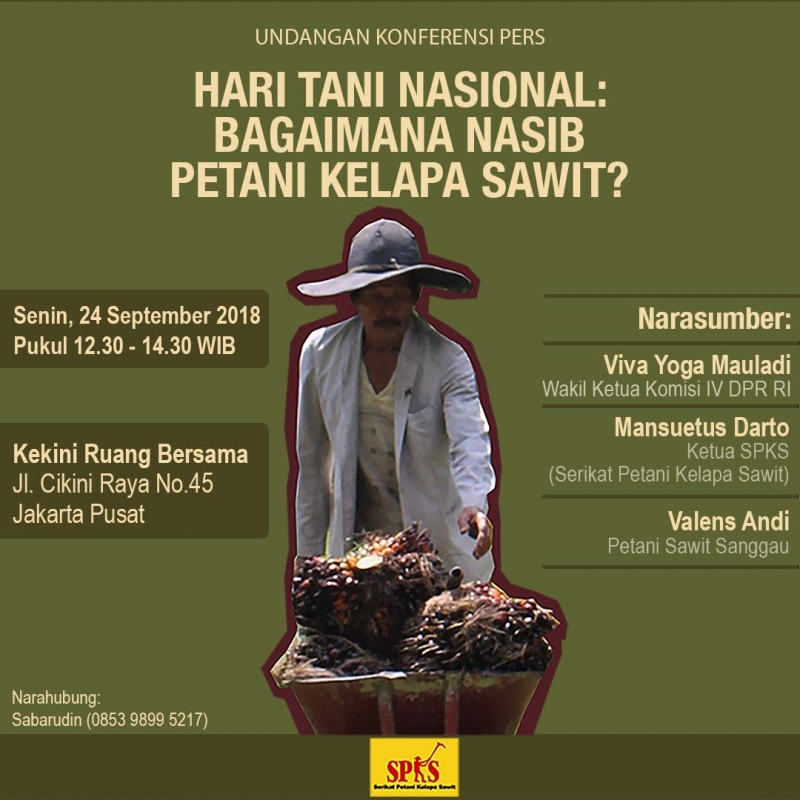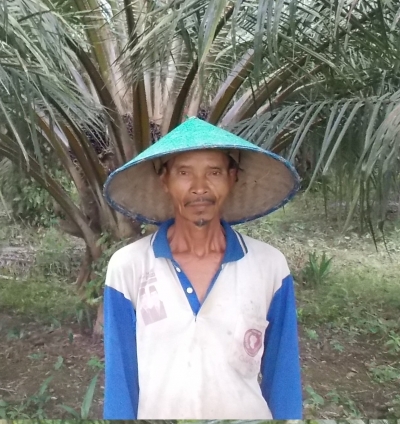Jakarta, 24 March 2022
Position of the Union of Oil Palm Smallholders (SPKS), An independent oil palm smallholders in Indonesia
Submission to the European Commission on the proposal for the regulation regarding commodities associated with deforestation and forest degradation
The European Union's proposal on the regulation of products and commodities associated with deforestation and forest degradation released on November 17, 2021, is a pivotal move by a key consumer region to contribute ideas for global sustainability.
Herewith the Union of Oil Palm Smallholders (SPKS) would like to convey our position regarding the proposal on the regulation of products and commodities associated with deforestation and forest degradation. SPKS is a platform for oil palm independent smallholders who have committed to contribute to reducing the rate of deforestation through the High Carbon Stock Approach (HCSA), and to providing traceability data for the production of its members. In SPKS's view, independent smallholders are one of the most vulnerable actors to the proposed EU regulations on commodities and products related to deforestation and forest degradation, but there are also opportunities for improving the welfare of smallholders for oil palm if certain important conditions are met.
Therefore, in this document we focus on several key points including: the definition of oil palm independent smallholders, due diligence requirements and traceability schemes, EU collaboration with oil palm smallholders, and the due diligence/feasibility assessment.
The details are as follows:
- No-deforestation and traceability are the keystones in our sustainability vision to make palm oil products sellable in the market. Private sector (big companies), in our view are not telling the truth because they always accuse small farmers of both deforestation and of being unable to meet market standards related to No-Deforestation. In fact, in many places in Indonesia, with the local knowledge of oil palm farmers, they are able to protect their forests and carry out conservation with their traditional methods and knowledge. However unfortunately, the private sector rarely cooperates with independent farmers who carry out forest conservation or who carry out oil palm cultivation legally in accordance with applicable regulations in Indonesia. As a result, the smallholders' palm fruit is undervalued, even if it is deforestation-free, because they have no other choice but to sell it to middlemen at low prices.
- The ministry of agriculture in Indonesia has released the information that the area of oil palm cover in Indonesia is 16.3 million hectares. In addition, there are regulations that explain that the size of smallholder’s oil palm plantations is less than 25 hectares. There are 6.72 million hectares of smallholders’ plantation under this category in total. However, based on the analysis of satellite imagery by civil society organizations (CSOs) in Indonesia such as Auriga Nusantara and SPOS Indonesia, they found that only 1.9 million hectares of smallholder plantations are less than 25 hectares. In other words, the 4.8 million hectares stated by the ministry of agriculture of Indonesia are not categorized as smallholders but rather Small and Medium Enterprises (SMEs). Interestingly, the CSOs’ study also states that only 750,000 hectares of oil palm farmers classified as less than 25 ha are included in the Forest Area with the various problems and characteristics in them. This is of course very small when compared to the total area of plantations with more than 25 hectares in size that are located in the forest estate, including large plantation companies. At this point we want to convey that EU policies can have a big impact on all actors in the palm oil supply chain. Smallholders are currently victims of the dynamic where they are not supported by plantation and trading companies and are instead blamed as perpetrators of deforestation.
- According to the definition by SPKS, independent oil palm smallholders are those with a plantation area less than 10 hectares. This definition has also been used by HCSA in Indonesia, a globally recognized multi-stakeholder approach that implements No Deforestation. Independent smallholder farmers have an area of less than 10 hectares, they live near their plantations (in rural areas) and directly manage their plantations. Therefore, SPKS encourages the EU to clearly define the criteria for smallholder farmers, as well as the technical clarity of the terms of the Due Diligence assessment document and evidence requirements that will be applied.
- Through this open letter, we represent smallholder farmers to convey our strong commitment to ensuring smallholders are capable and are proven able to demonstrate traceability and can contribute to achieving no deforestation through their implementation of HCSA, in accordance with the objectives of the proposed EU regulations on commodities and products related to deforestation and forest degradation. SPKS member smallholders have the ability to provide their traceability data according to EU demands.
- On the last point in the EU proposal, it is stated that smallholders will be partners who can be directly involved, we therefore underline the key two points on the rights that should be given to small farmers. To ensure this, we propose that the final EU regulation will include a requirement for companies which are importing palm oil into the EU to guarantee a direct supply chain from at least 30% of independent smallholders, based on a fair partnership working relationship. Everything must be proven by documenting the cooperation between companies and smallholder institutions. Transparent evidence is needed here so that the supply chain of these smallholders is not based on one-sided claims from the industry players. On the other hand, it will help the welfare of small farmers in the region because the purchase price of raw materials from small farmers will comply with the applicable standards. We also hope that the EU regulation can help ensure the long-term resilience of independent smallholder livelihoods by providing incentives and benefits for complying with the requirements of the EU.This could provide value to smallholders such as through market access and a fair product price, support for oil palm rejuvenation, and the use of appropriate technologies.
- In the draft EU regulations, it is not yet clear whether the due diligence is based on deforestation-related risk-based analysis. Indonesia is often considered a country with a high deforestation rate, with contributing factors that have been widely documented. Taking into account the above points, we hope that the EU will be inclusive of smallholder farmers, by ensuring that EU regulations do not further burden smallholder farmers, by issuing Technical Guidelines specifically designed for smallholder farmers.
SPKS hopes to participate in further discussions regarding the aspirations of smallholder farmers in Indonesia, with the hope that there will be clarity in the system in EU regulations regarding commodities and products related to deforestation and forest degradation, so that the document prepared by the EU can be useful for all, and can contribute greatly in suppressing the existing deforestation rate.
Kontak Media :
Intan Pransischa
Sekretariat Nasional SPKS :
Tel: 0251-8571263
WA: 0822-7488-6619
Email:info.spksnasional@gmail.com
Website: www.spks.or.id
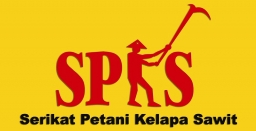
 English
English Indonesia
Indonesia